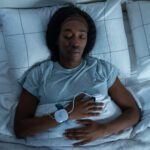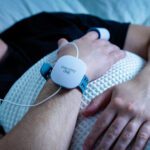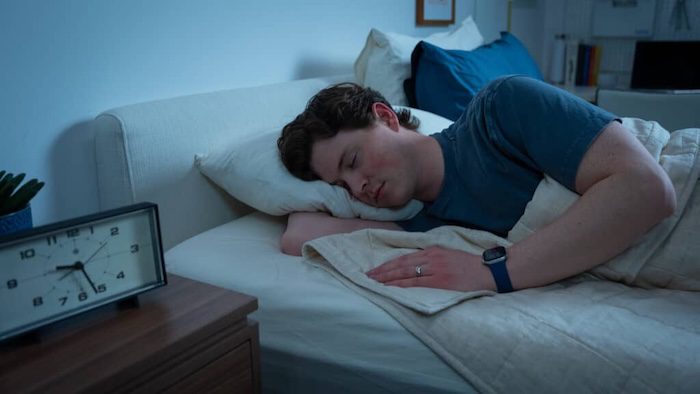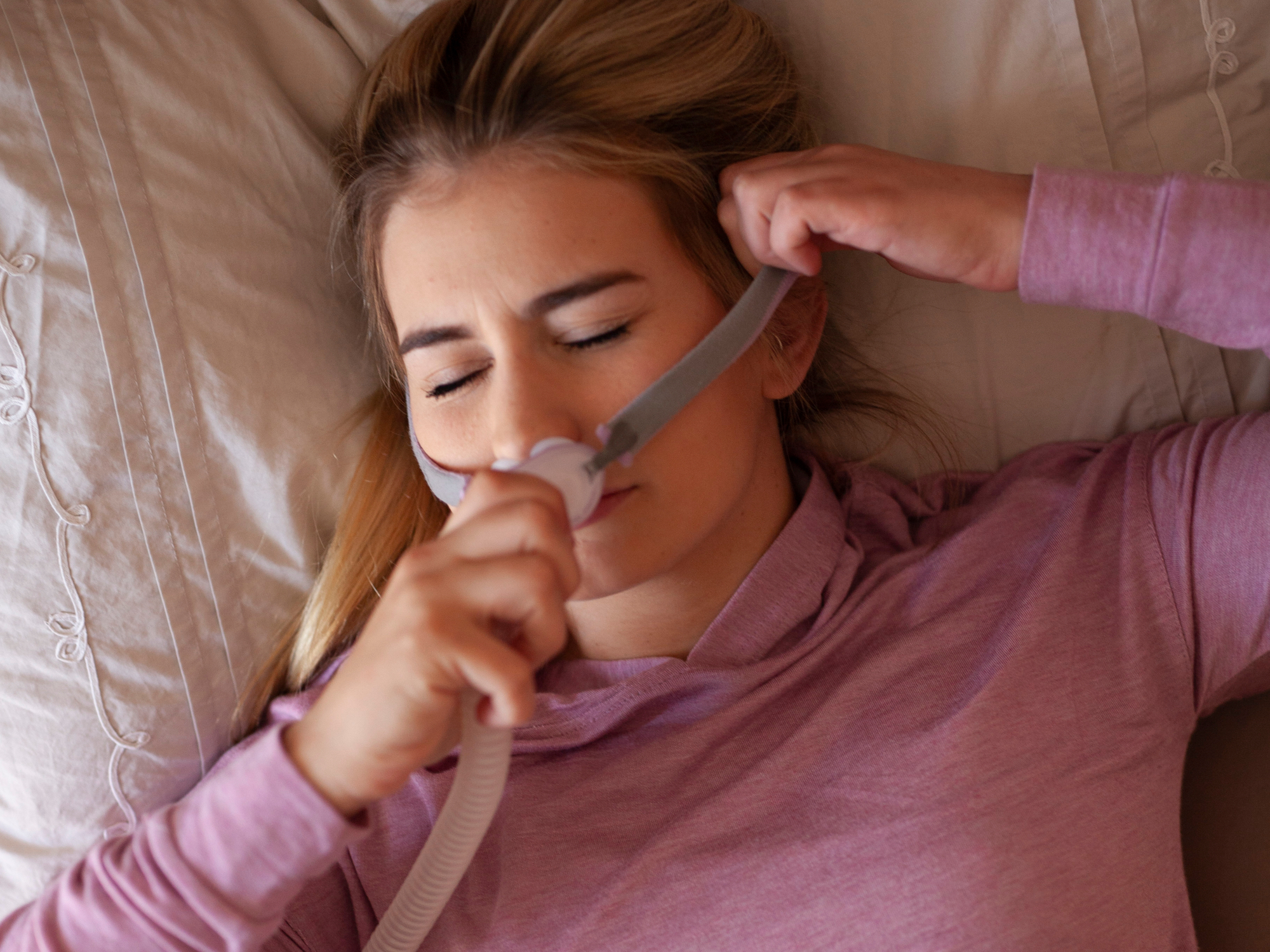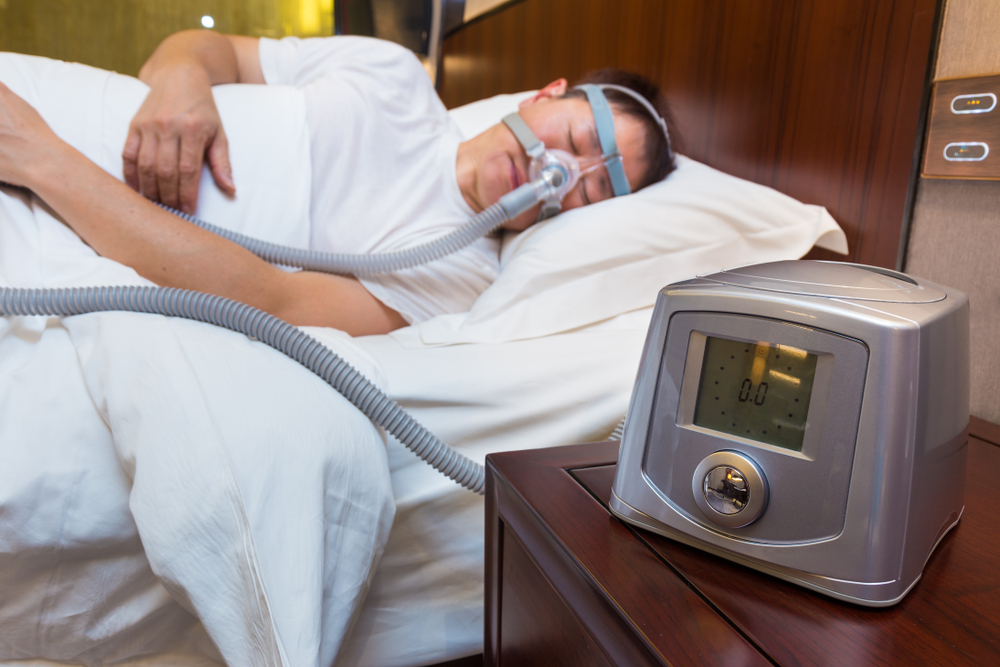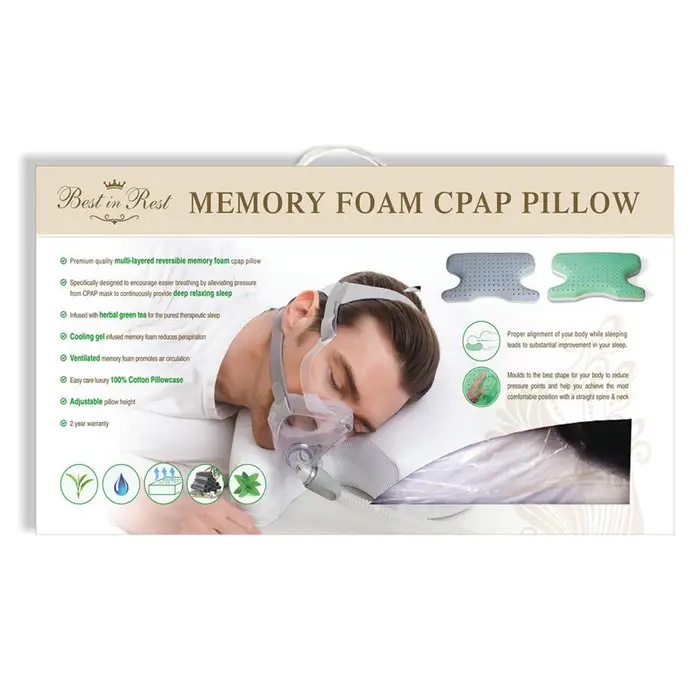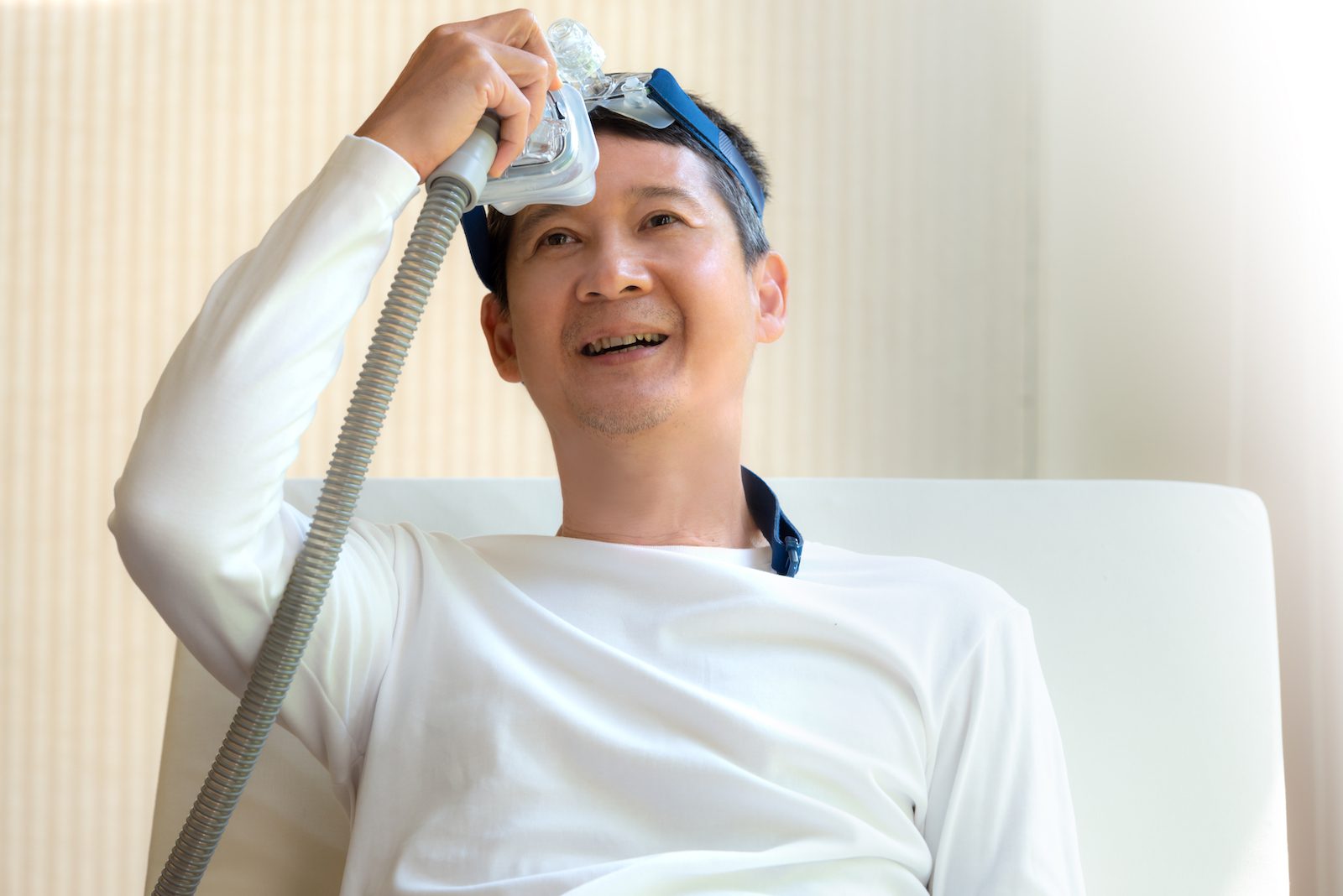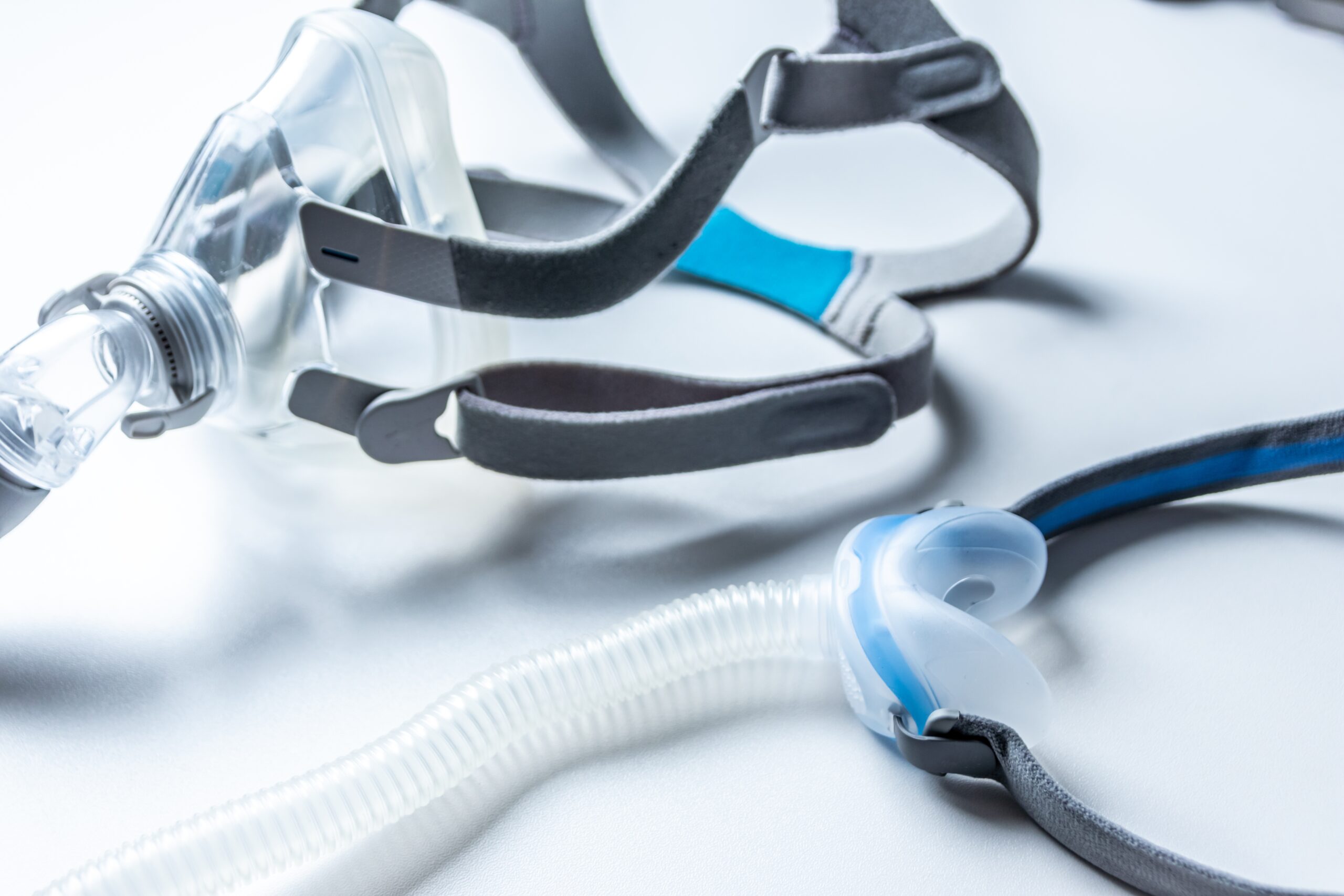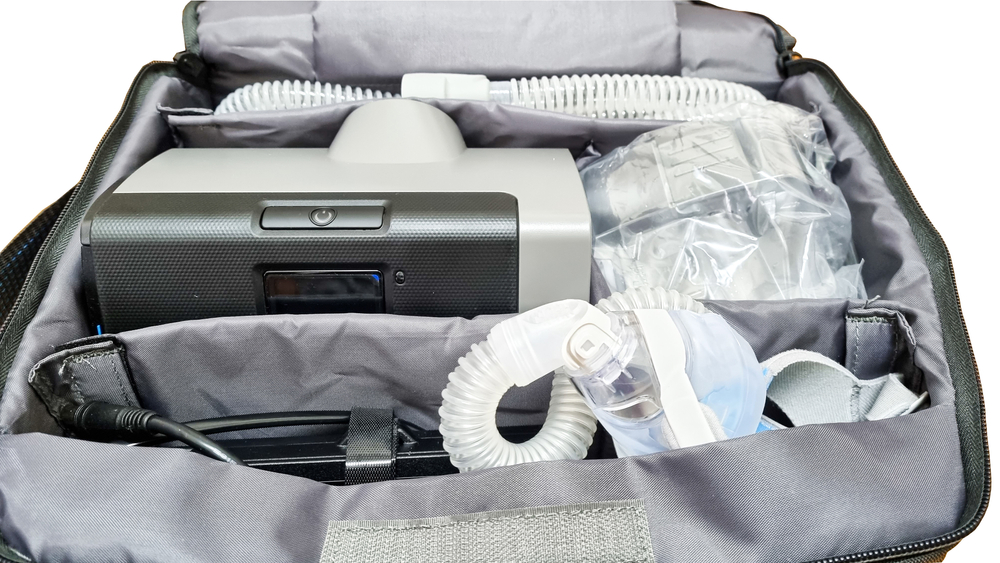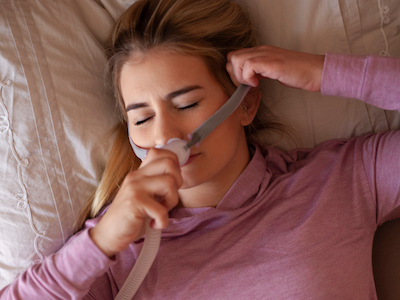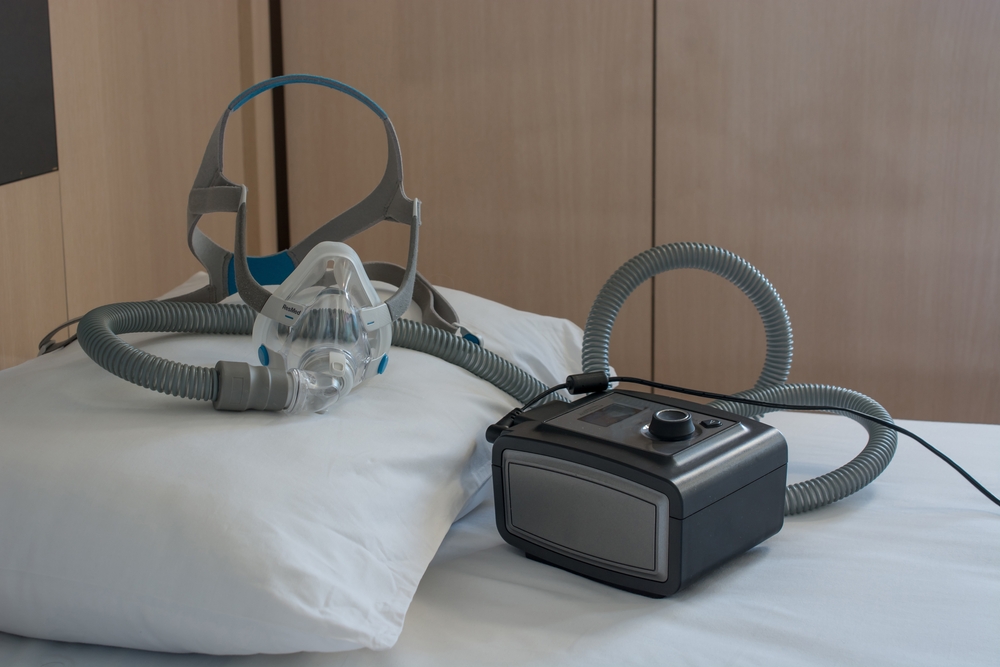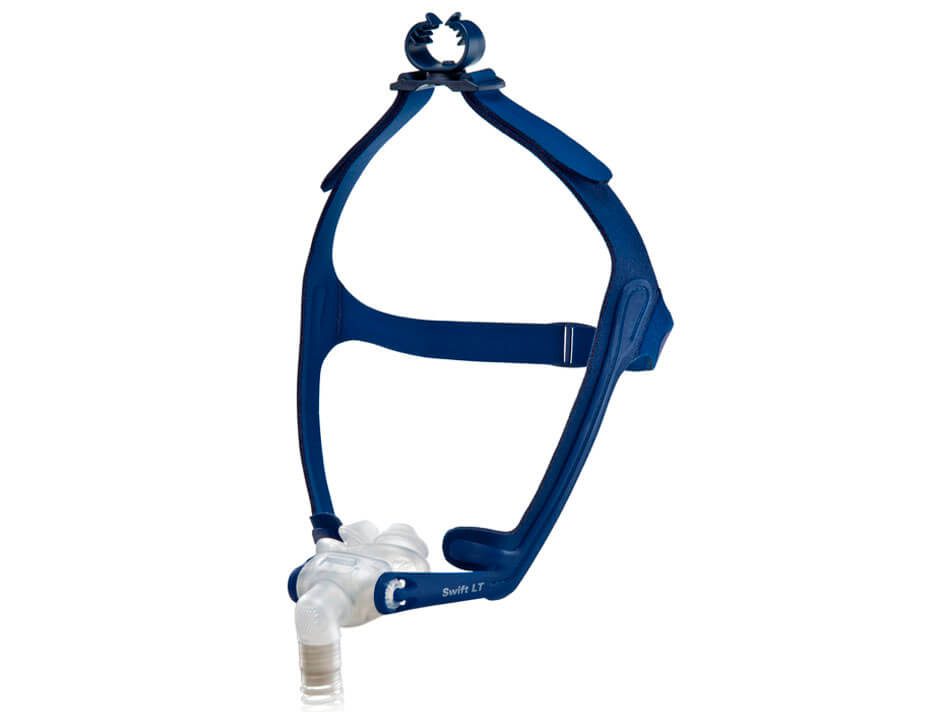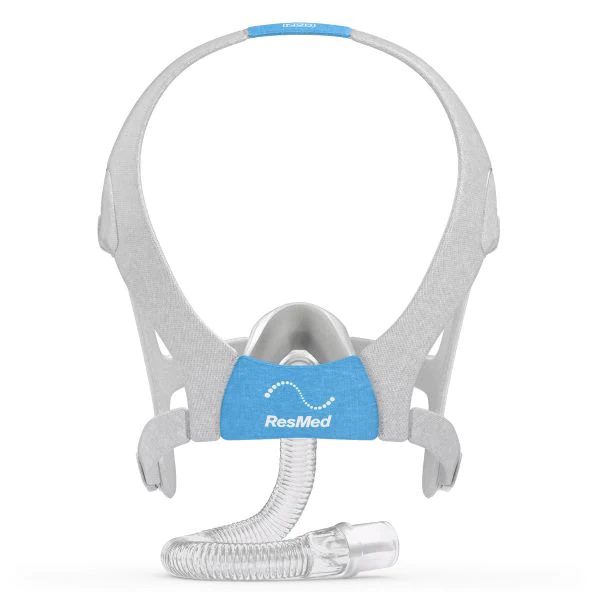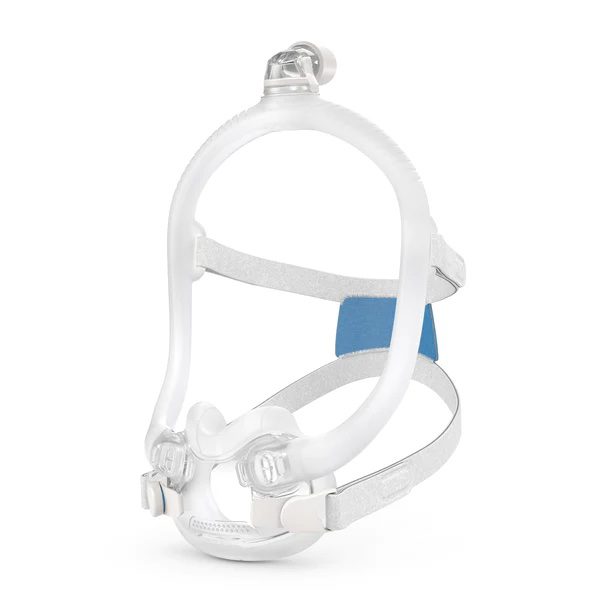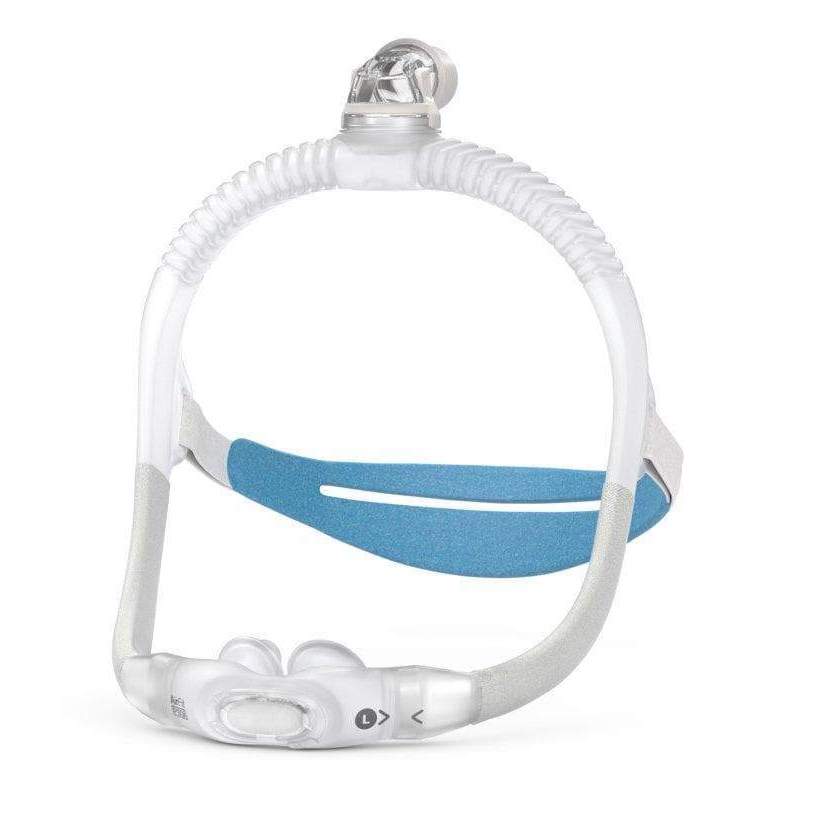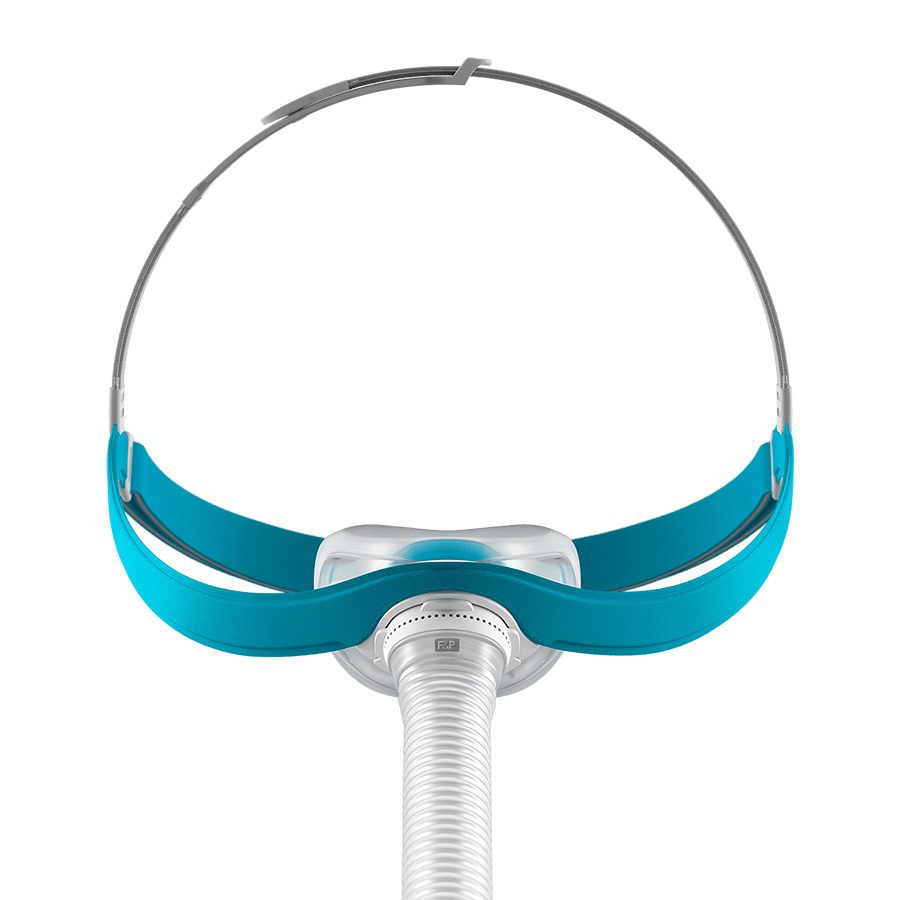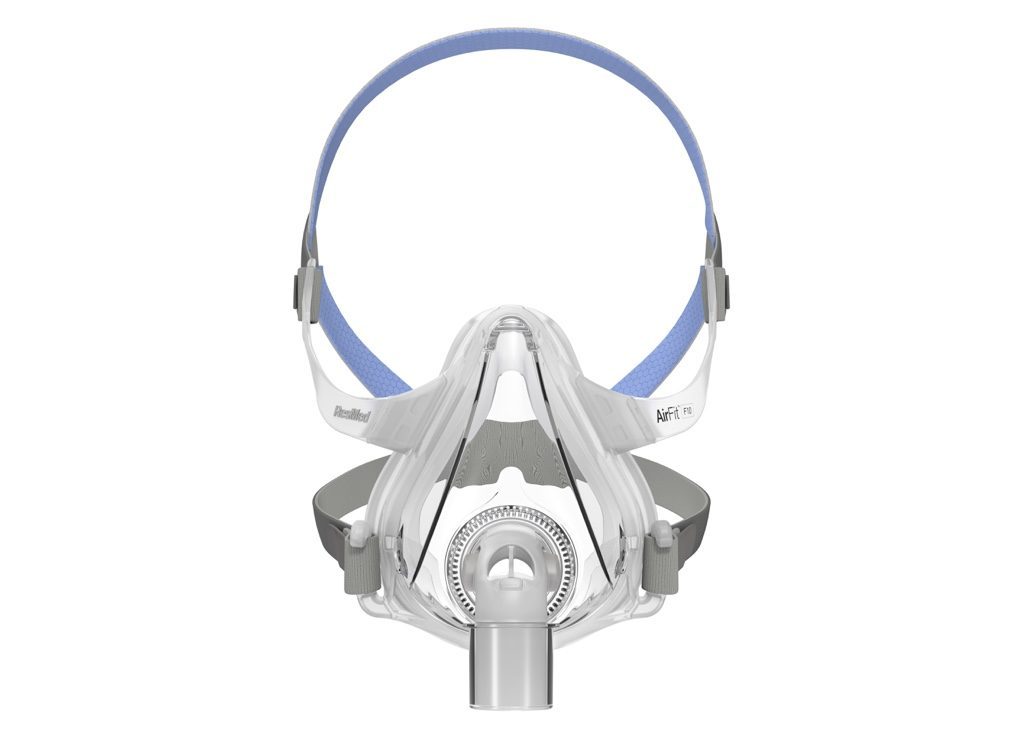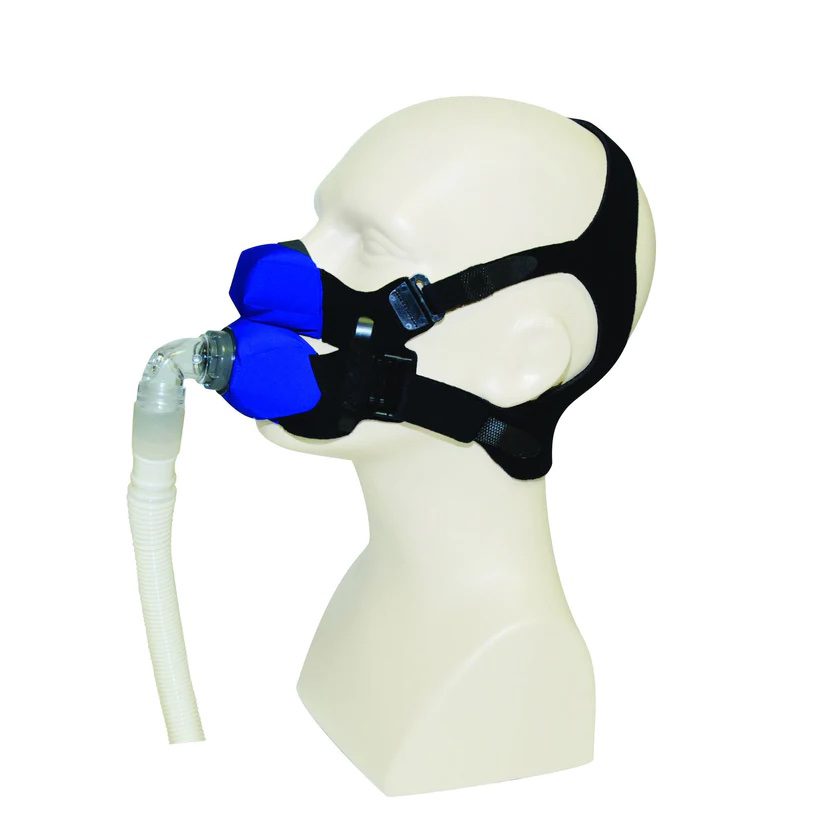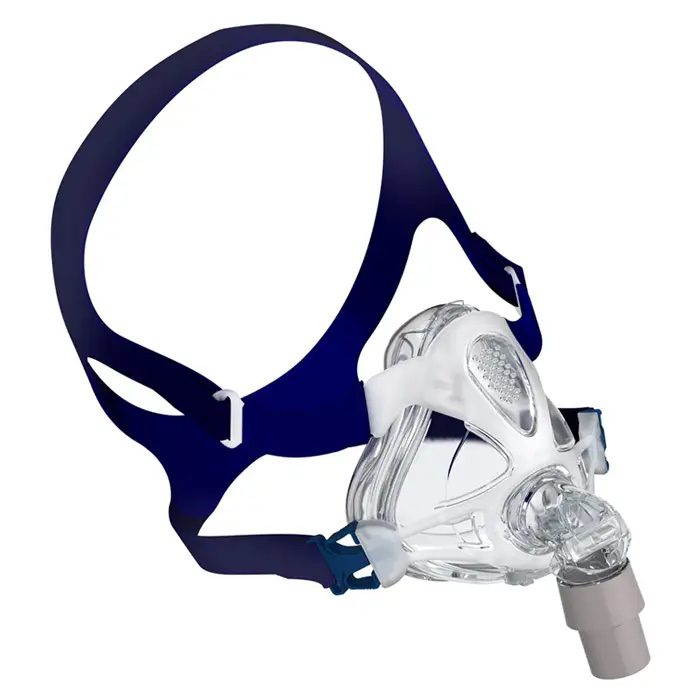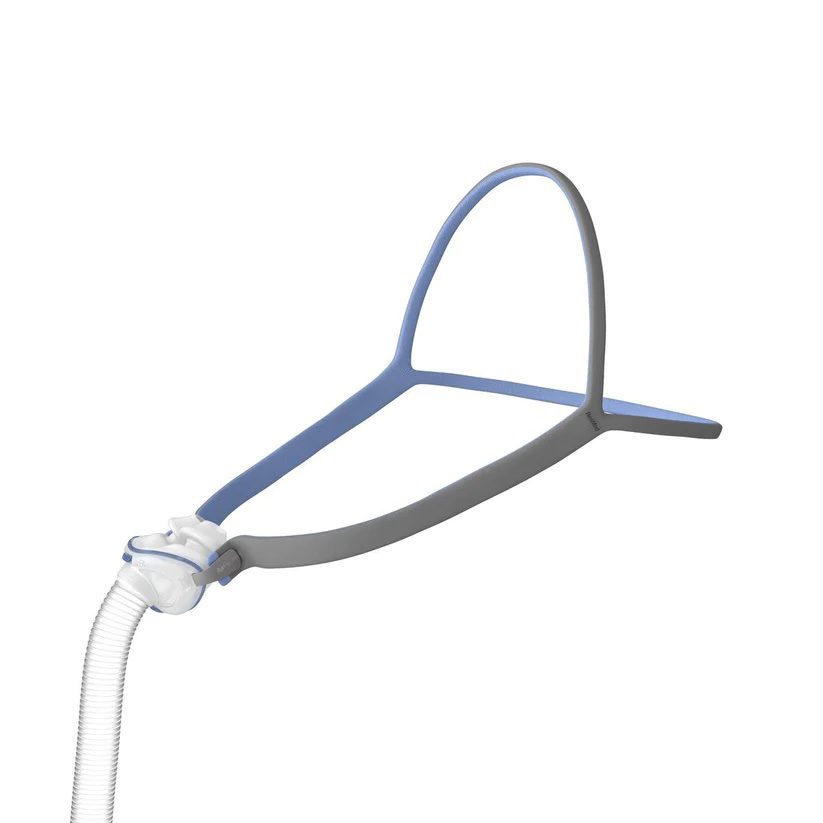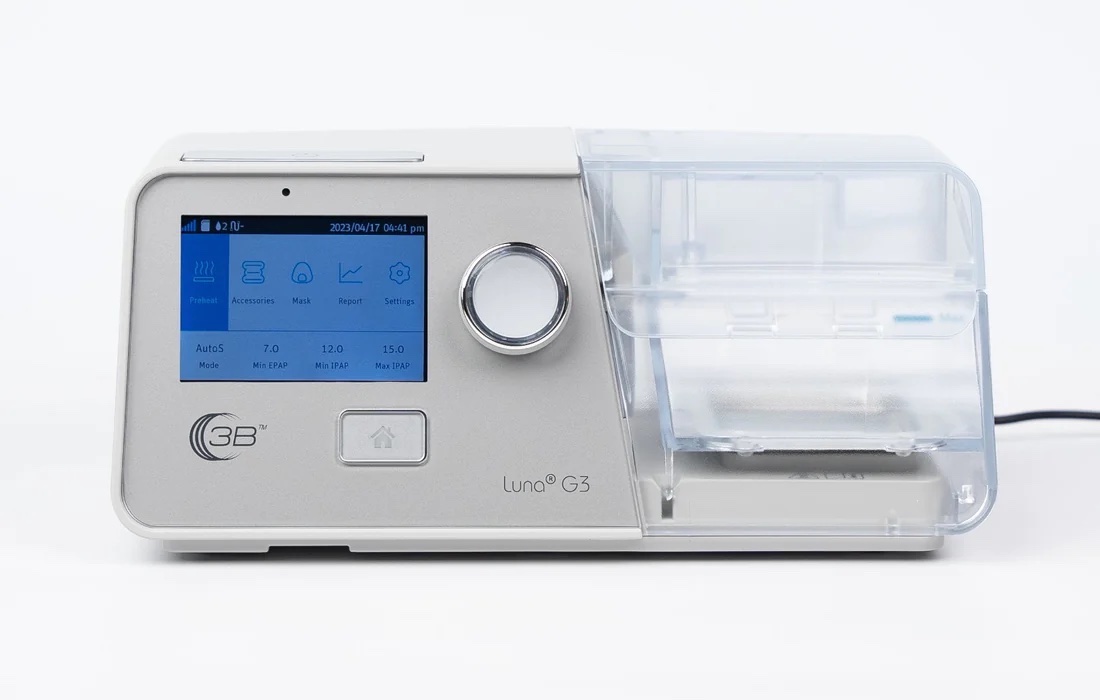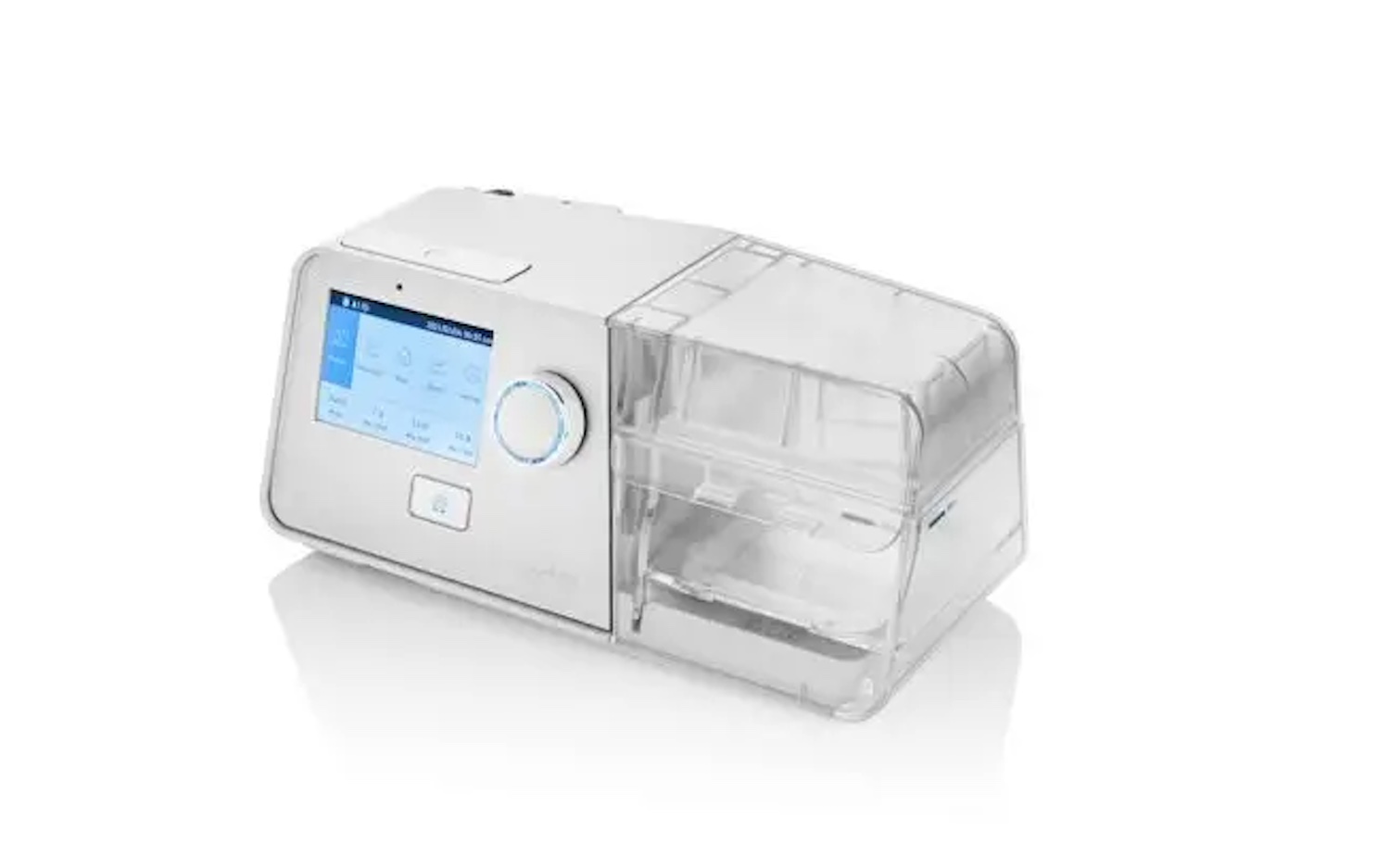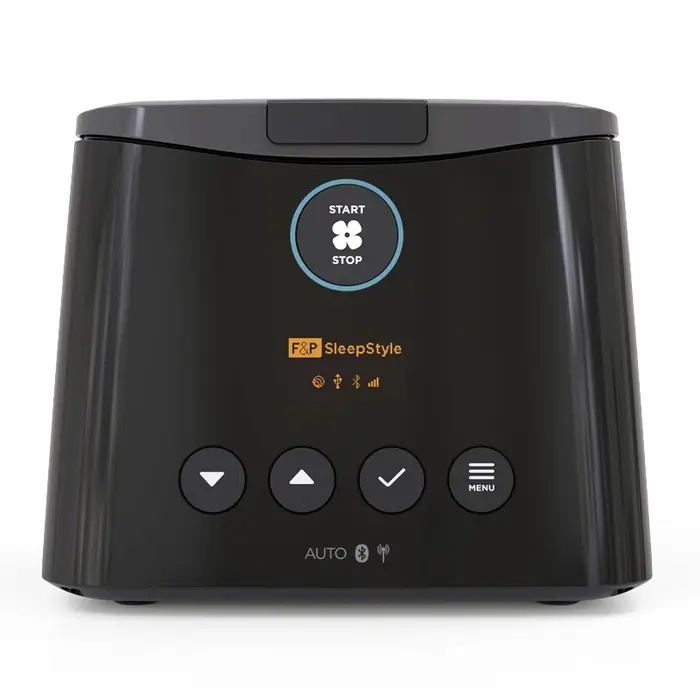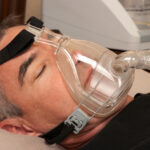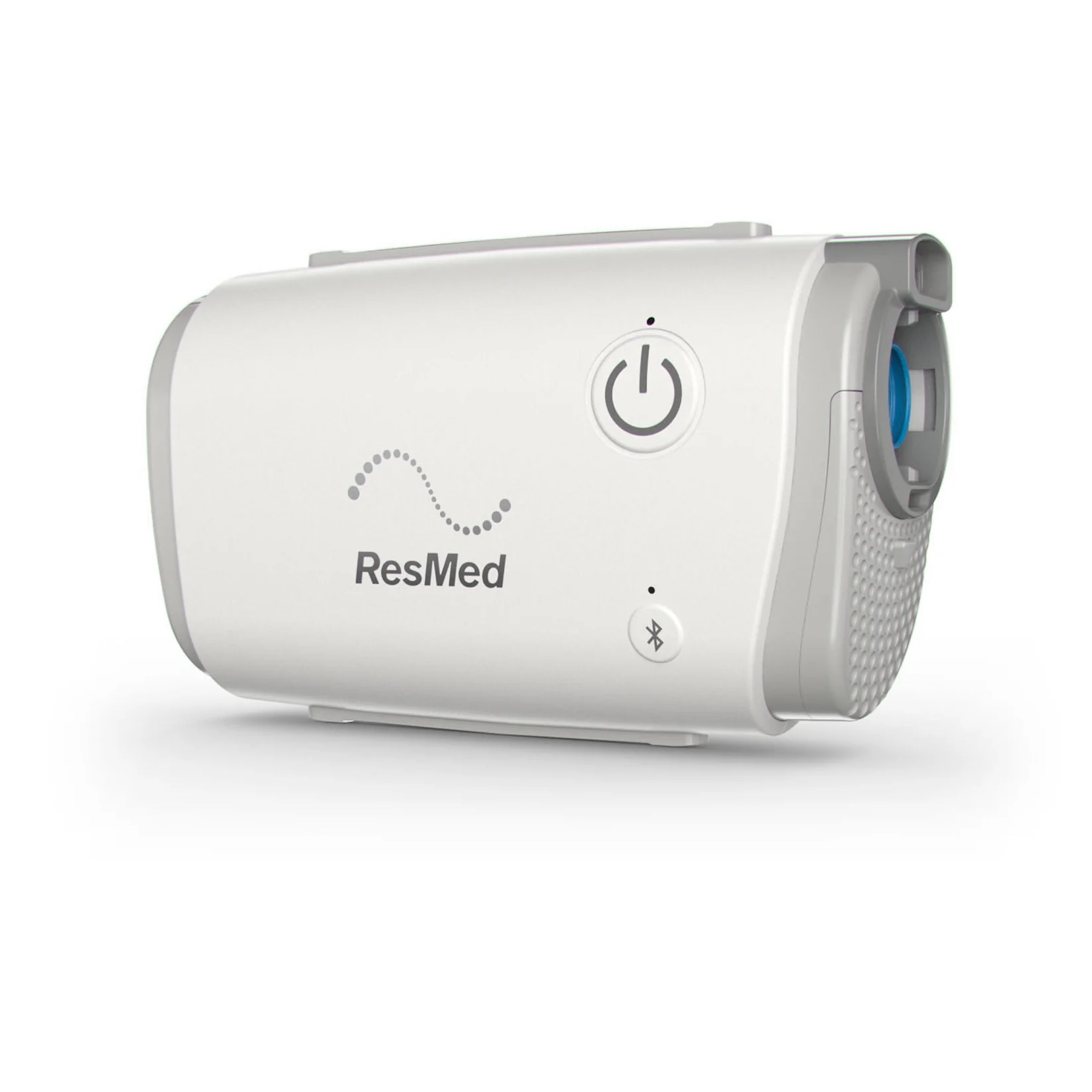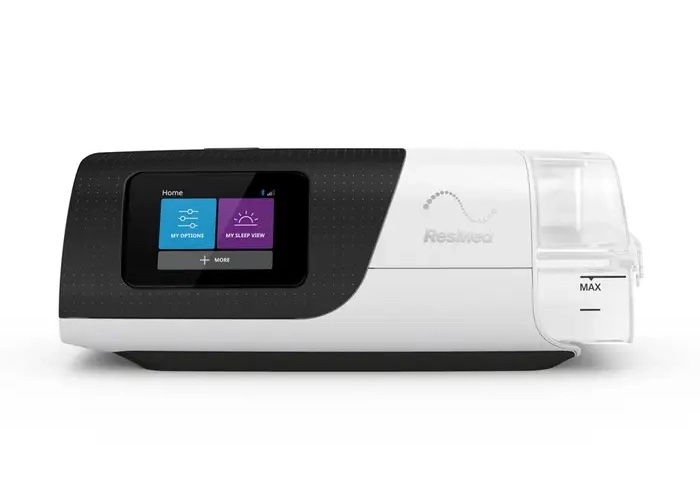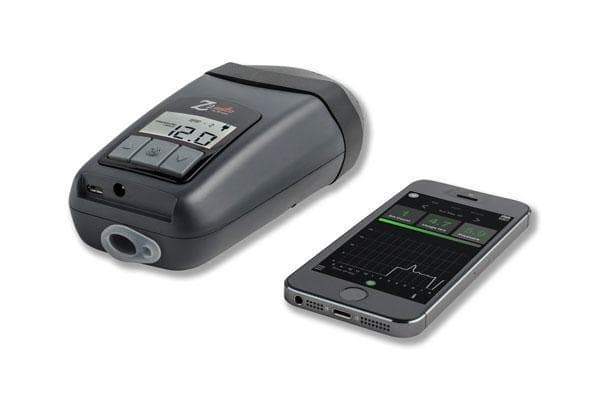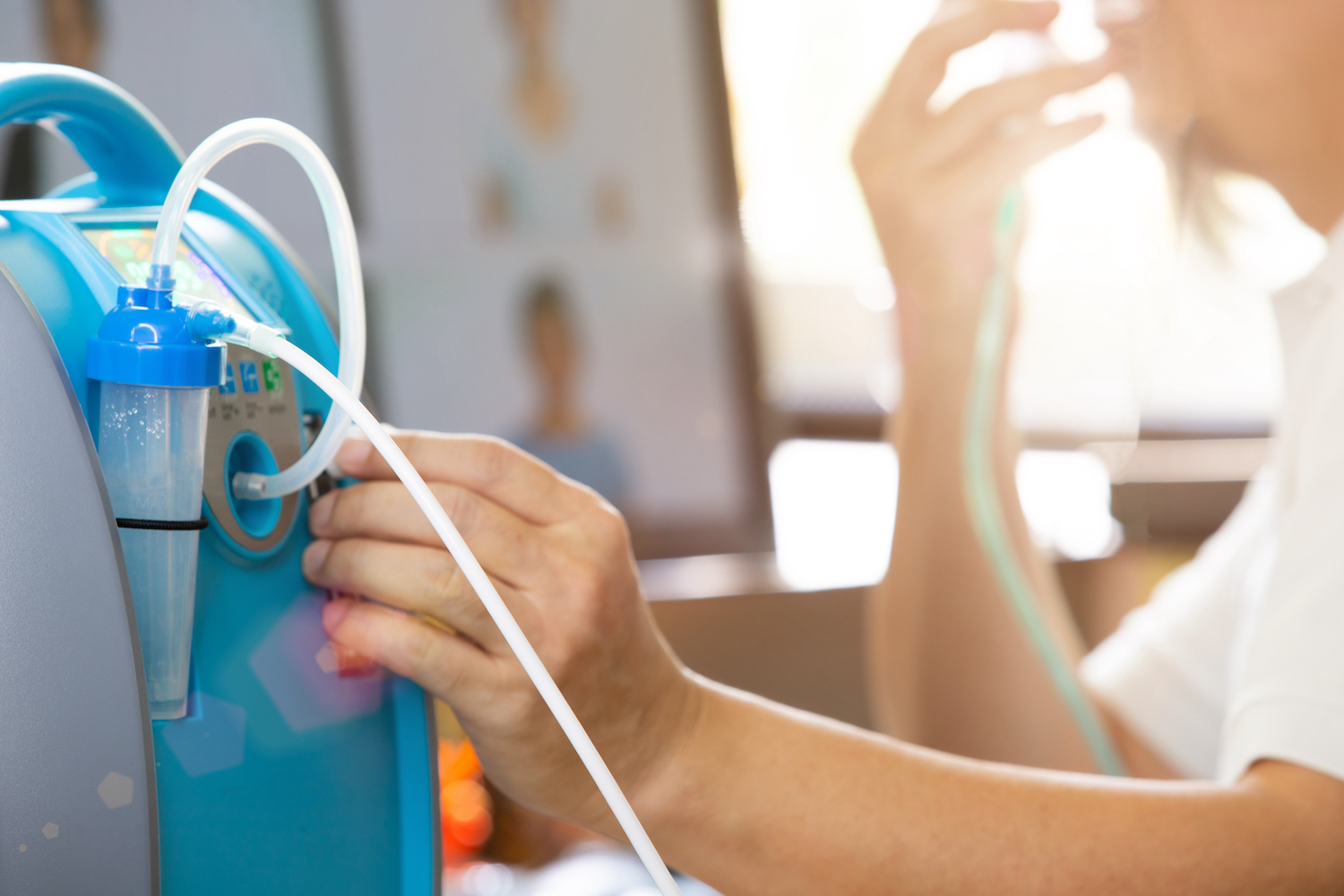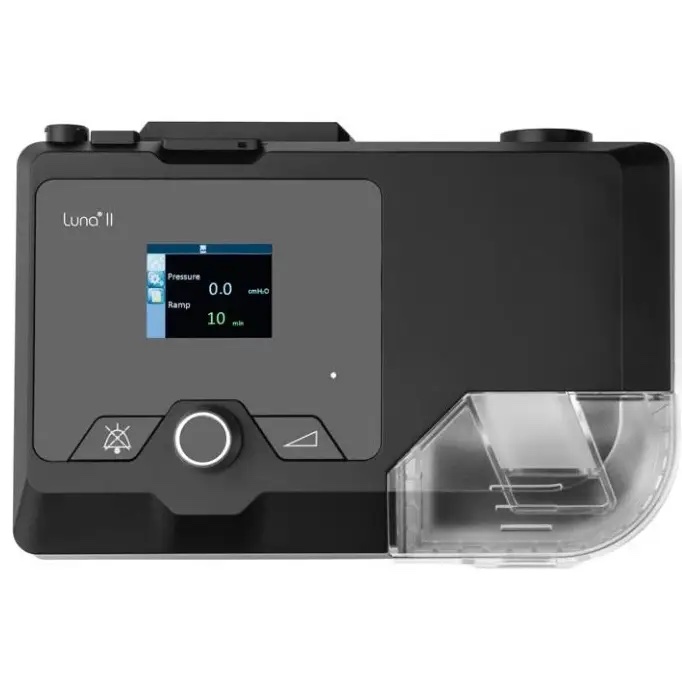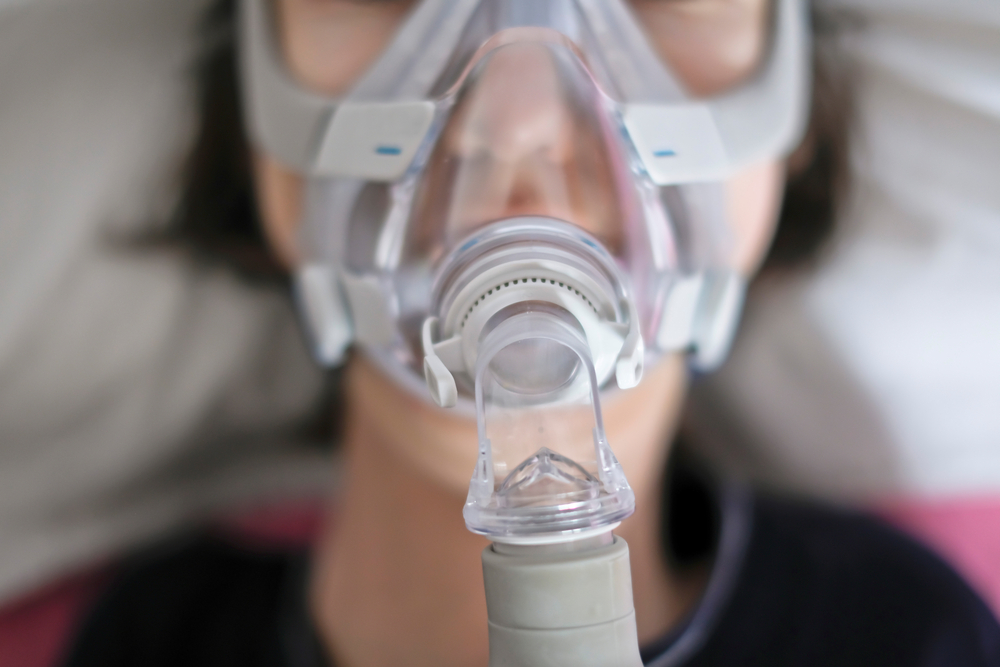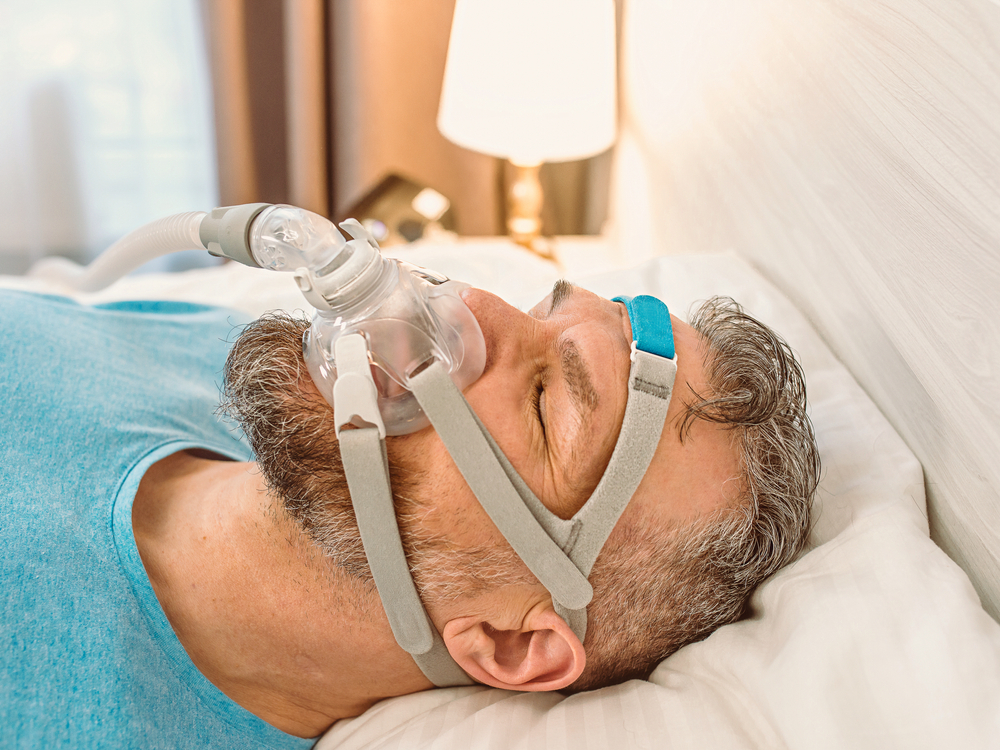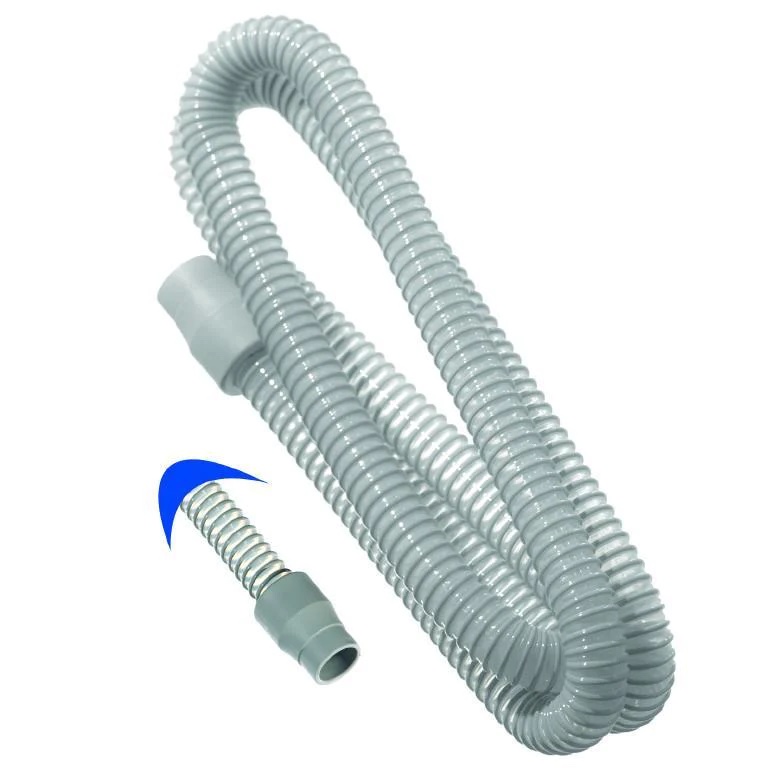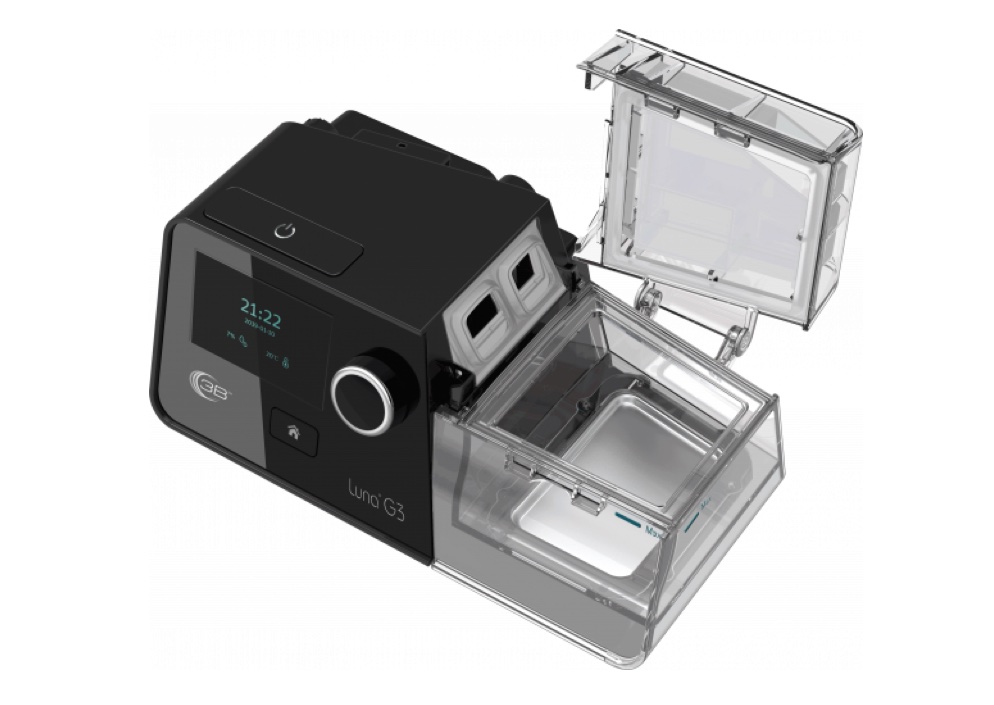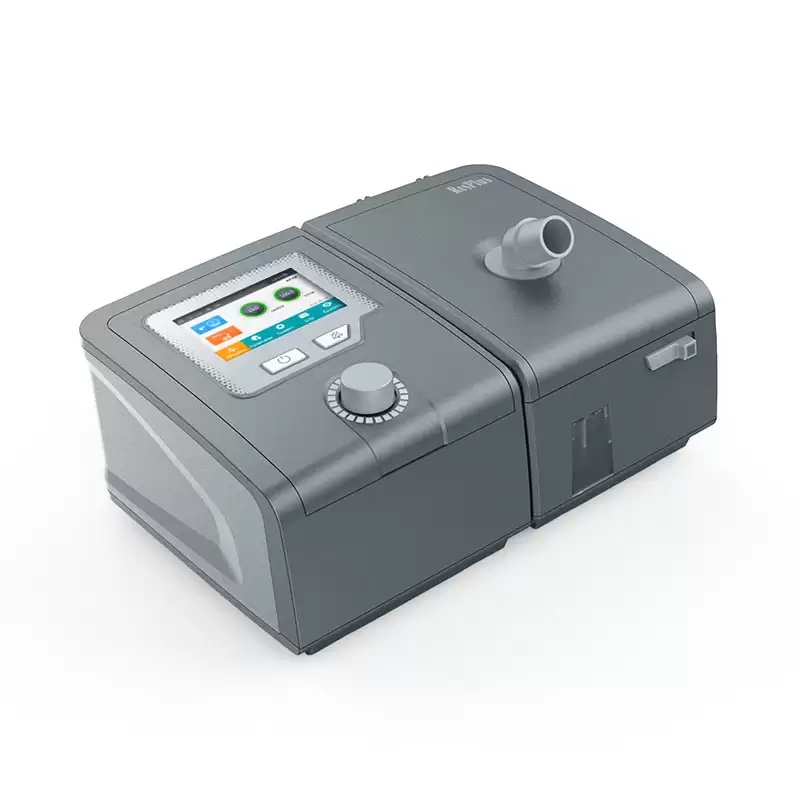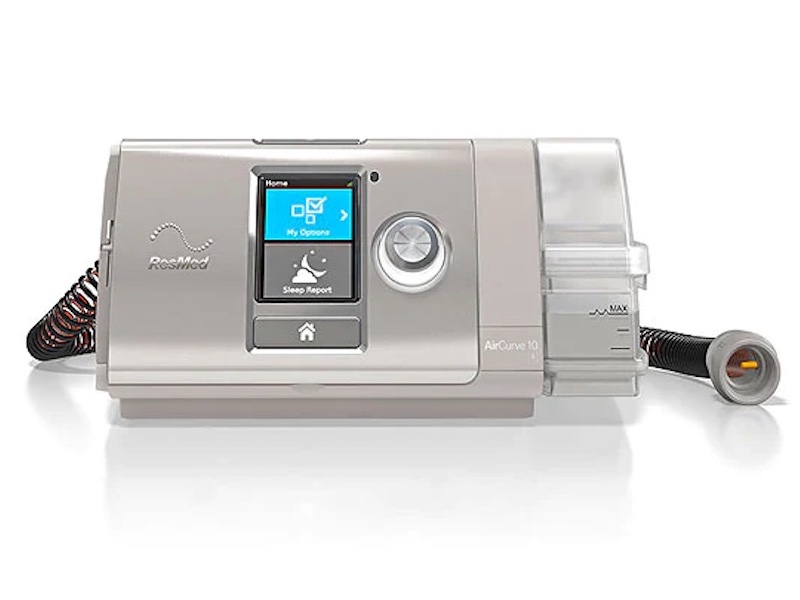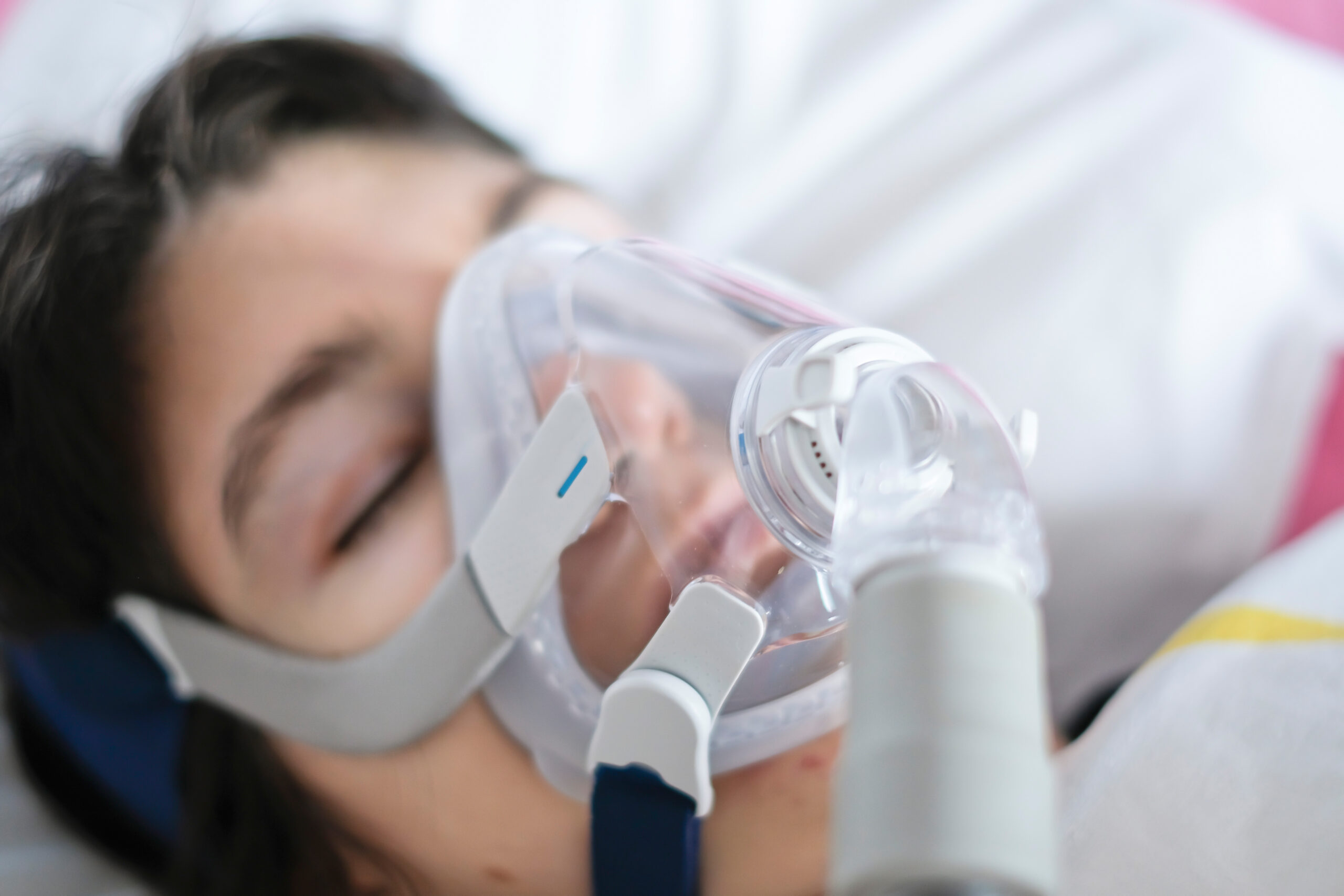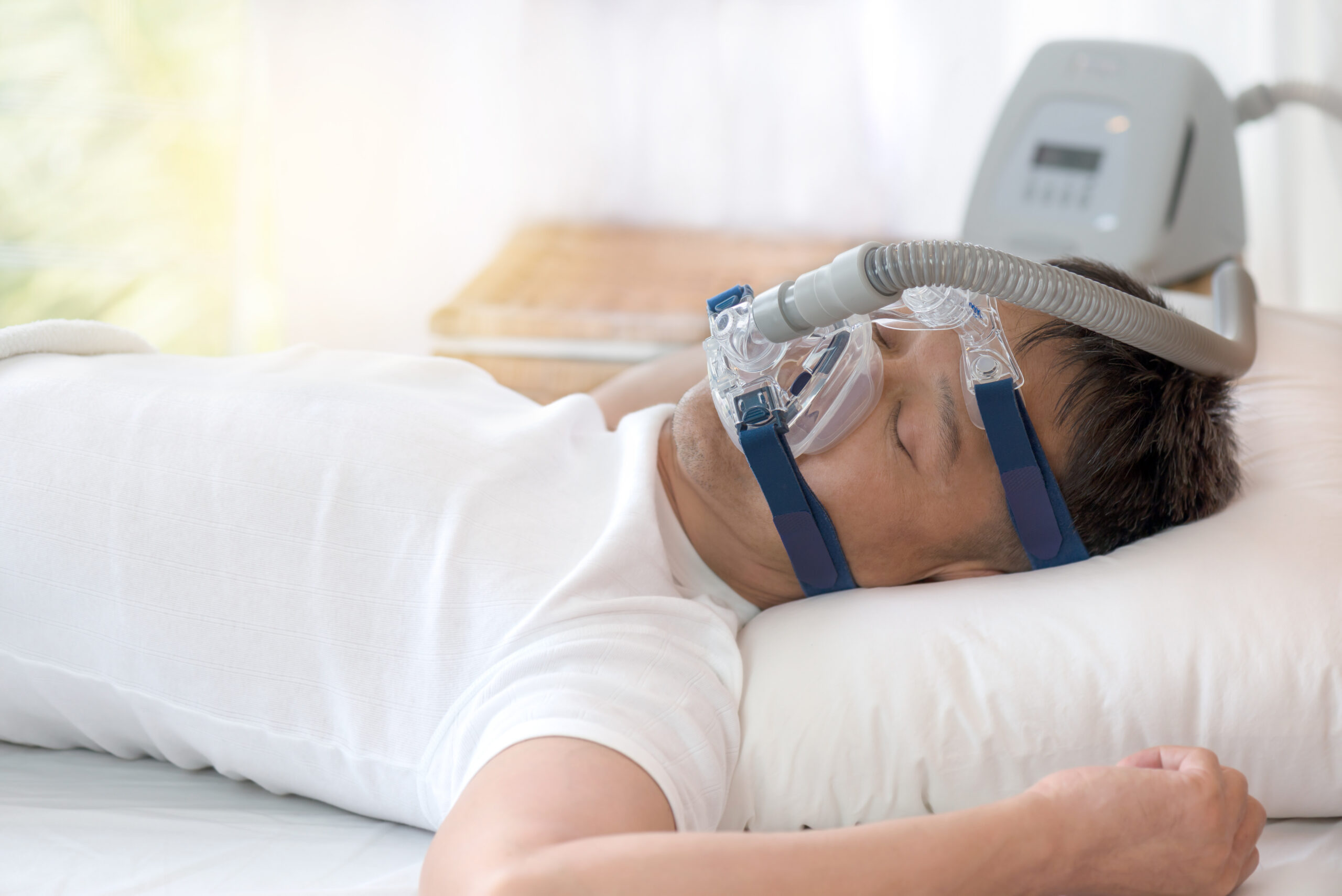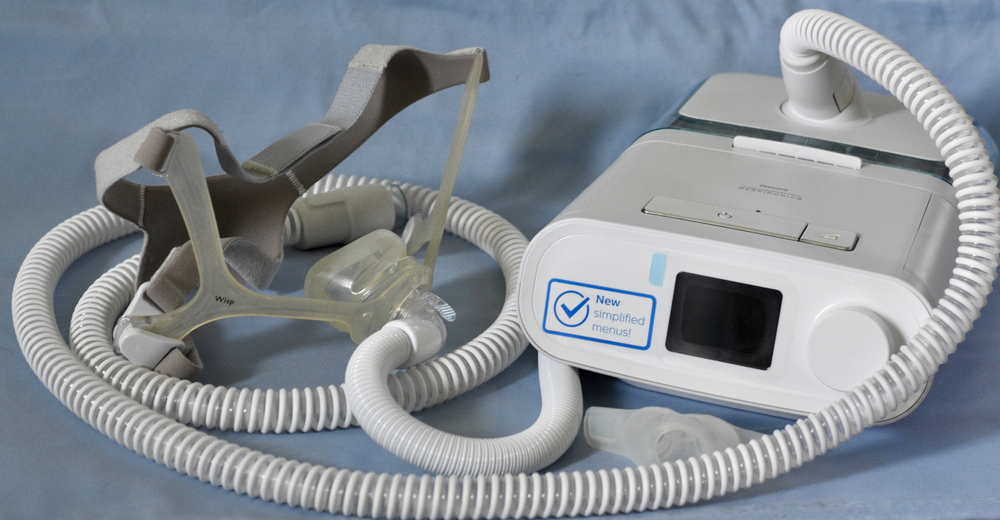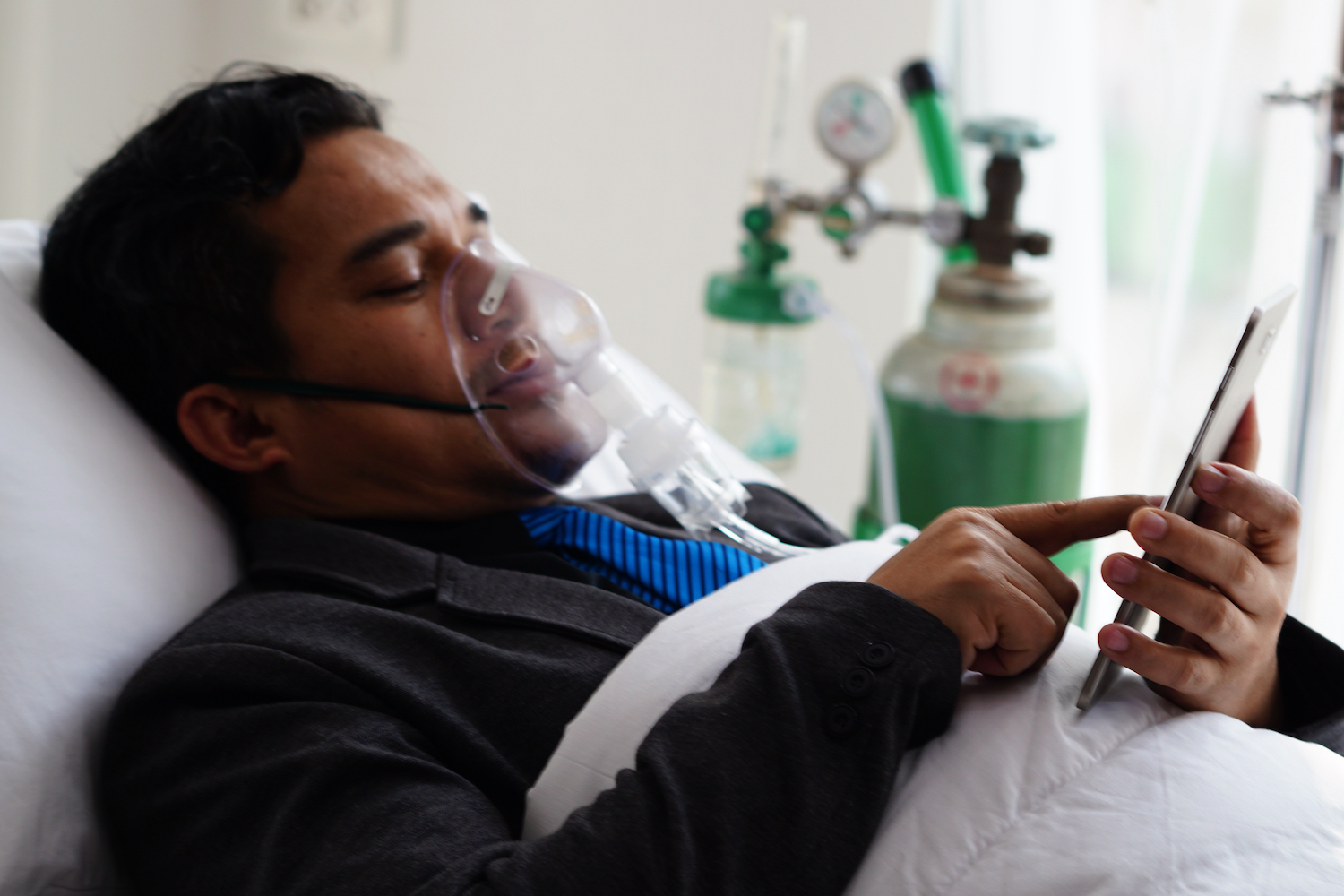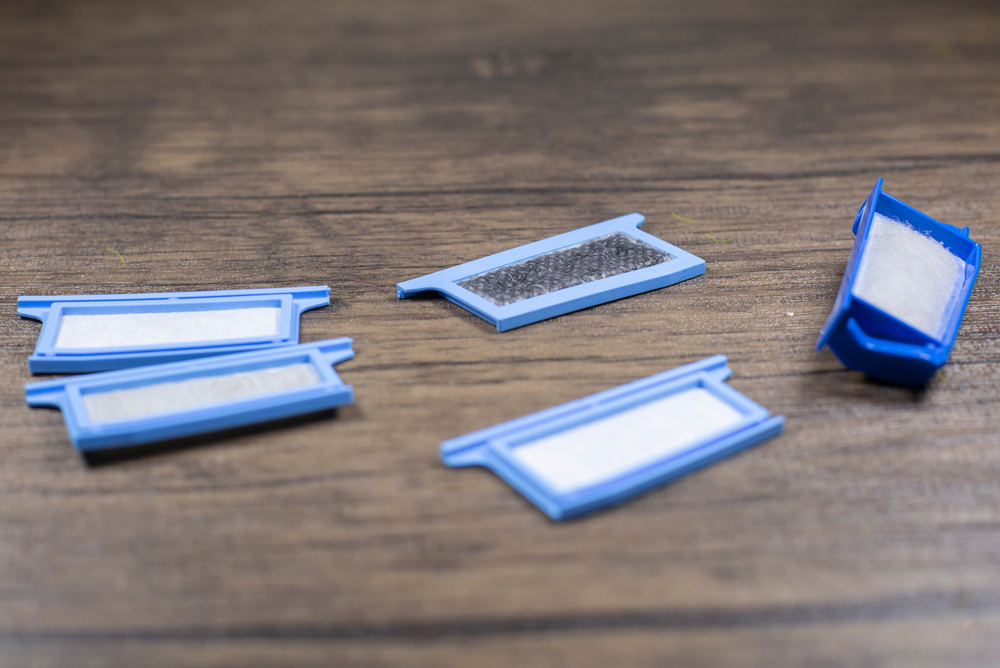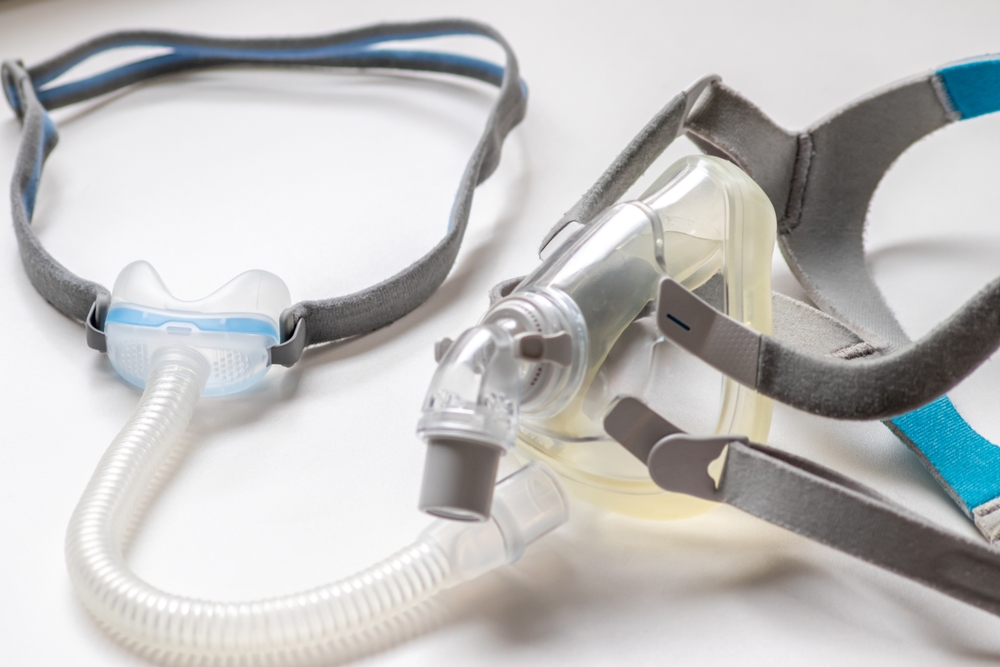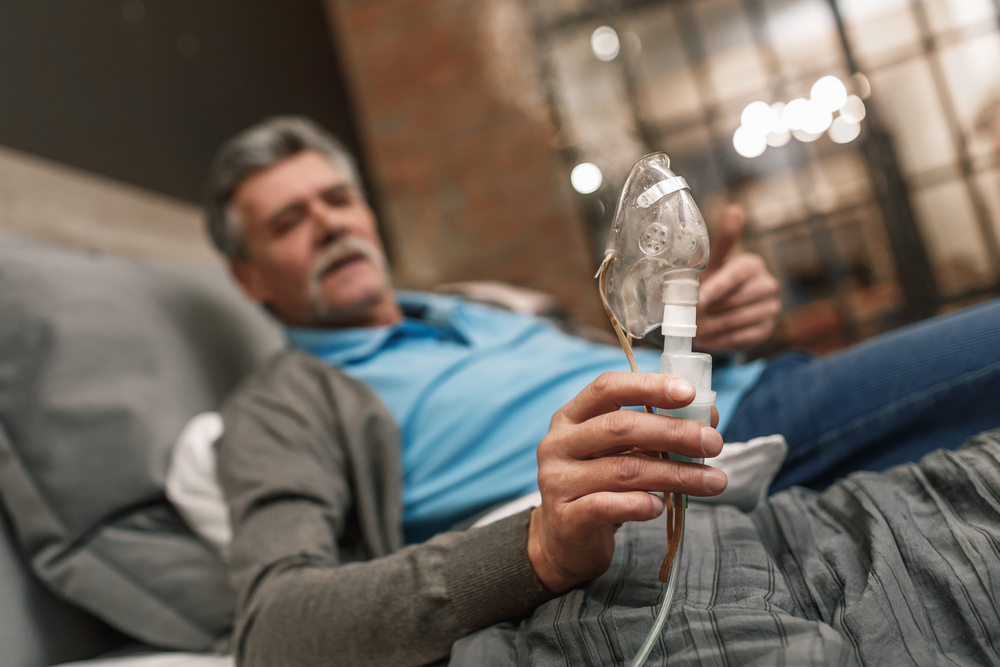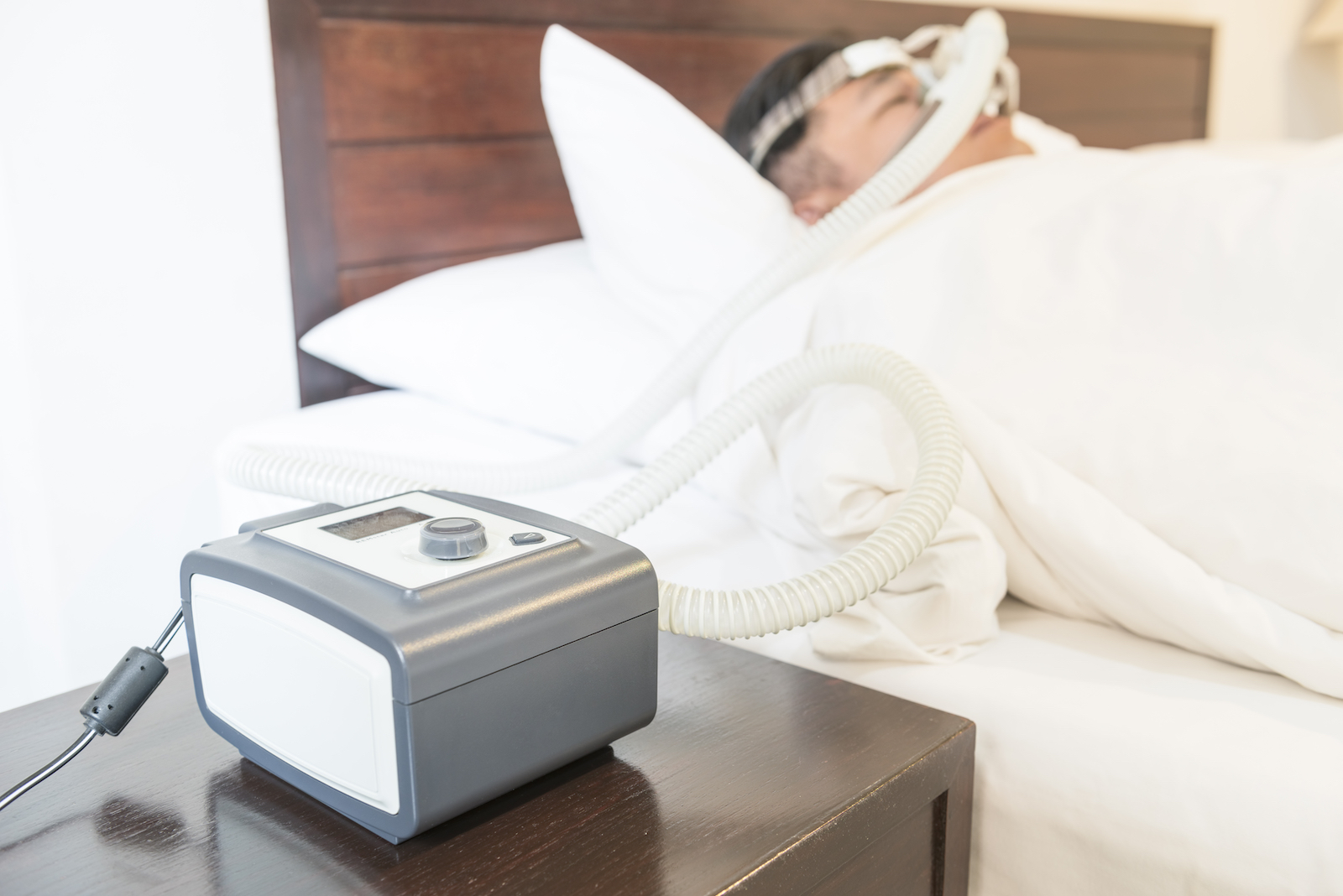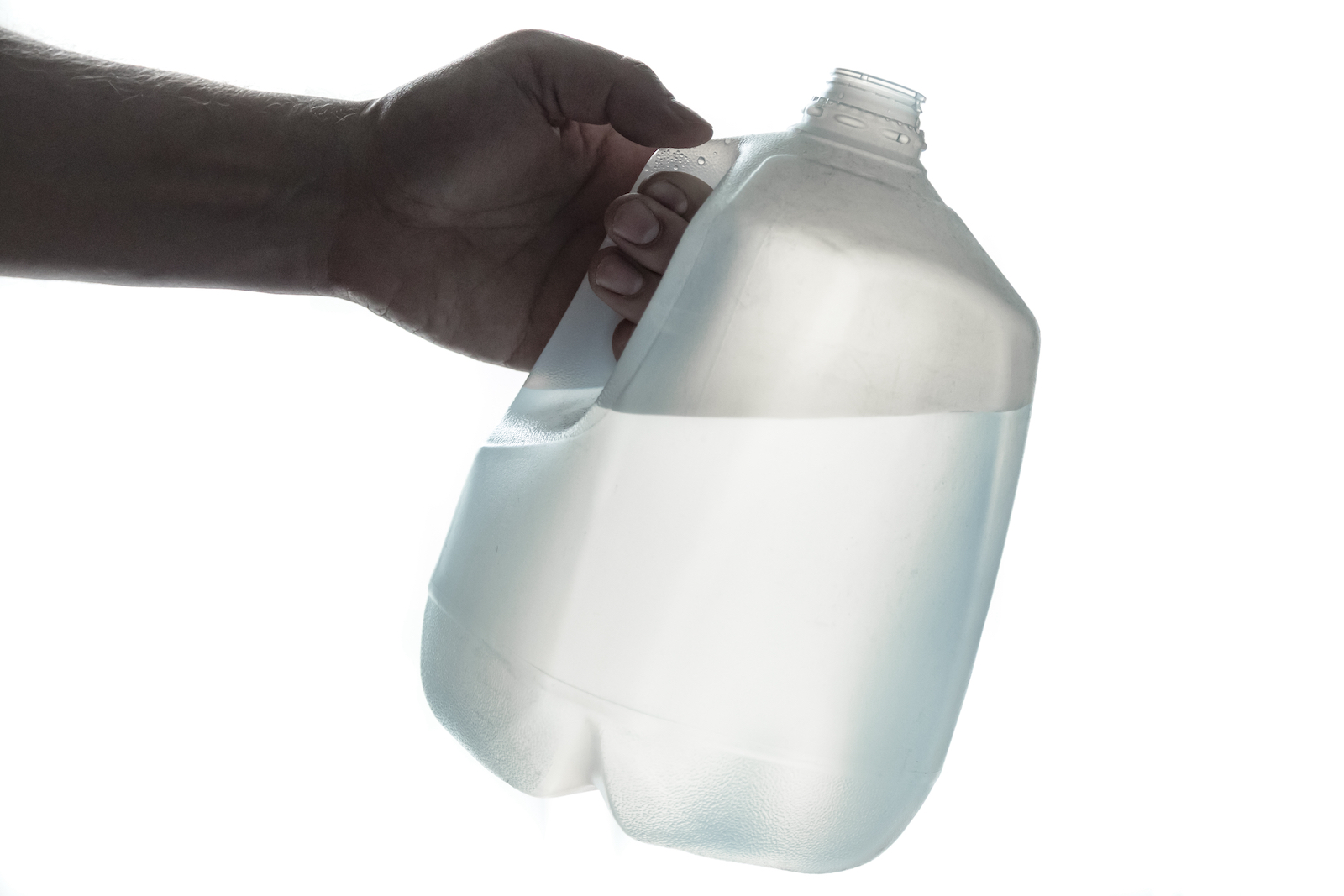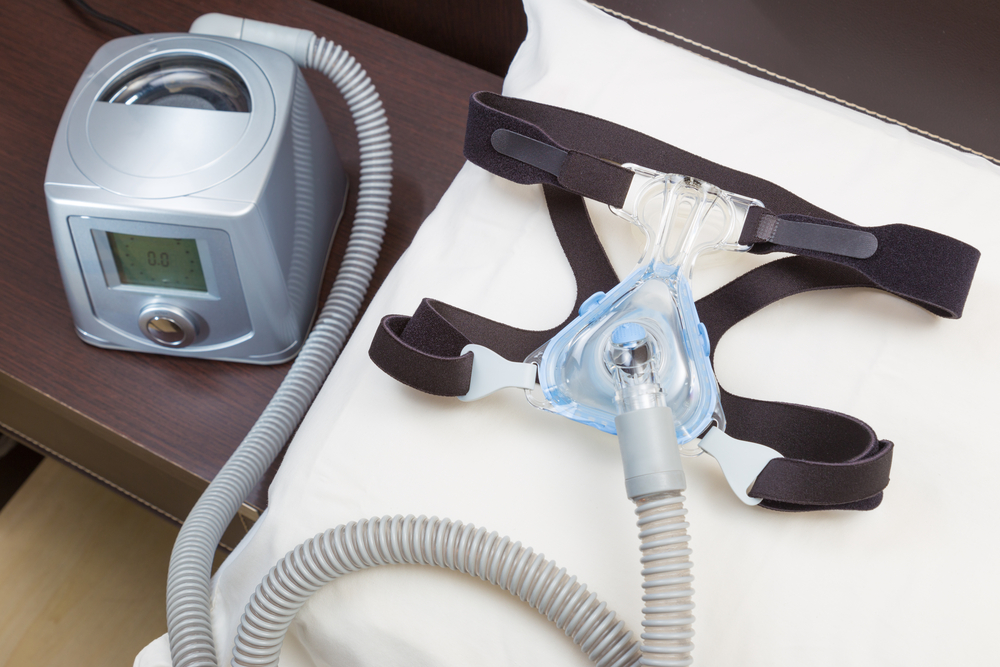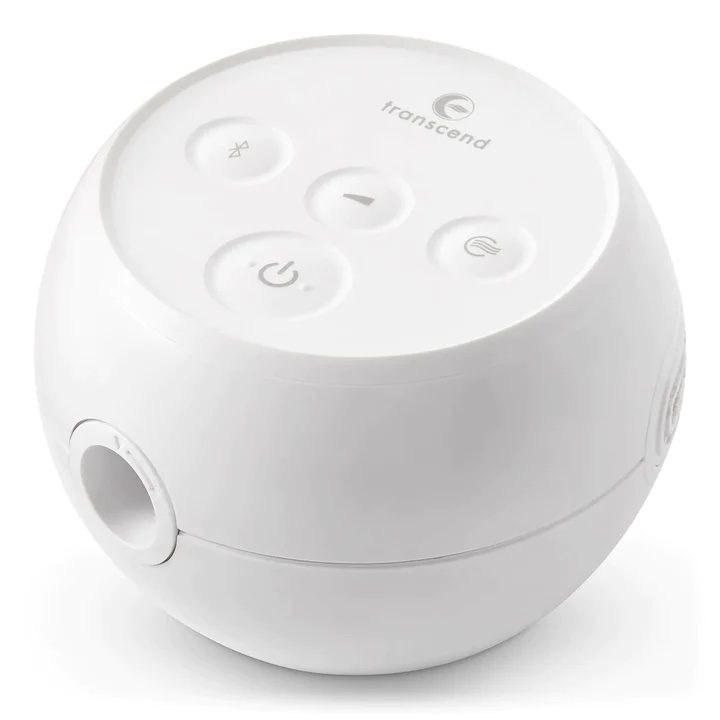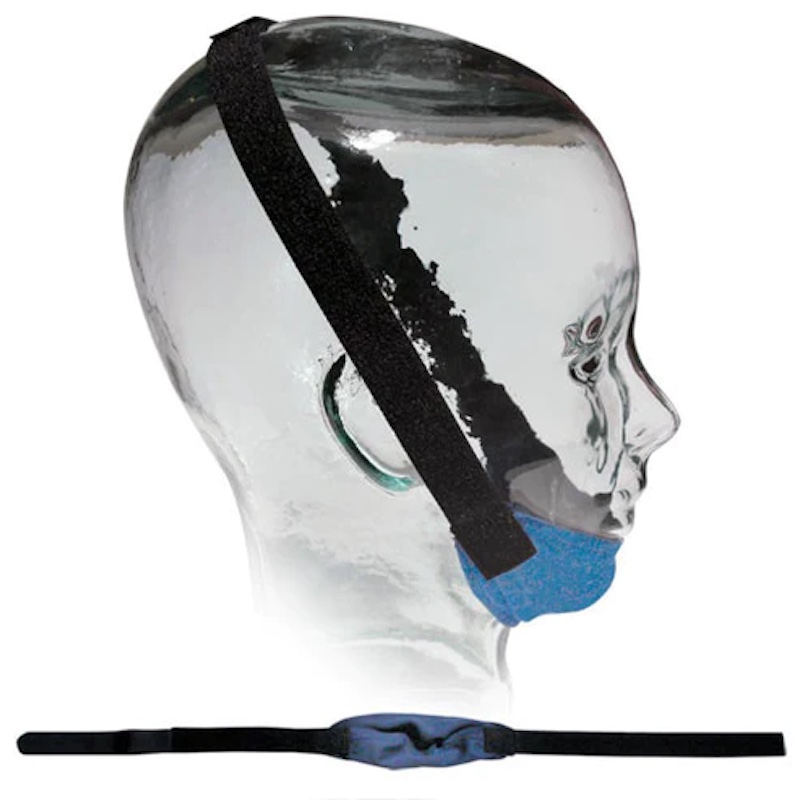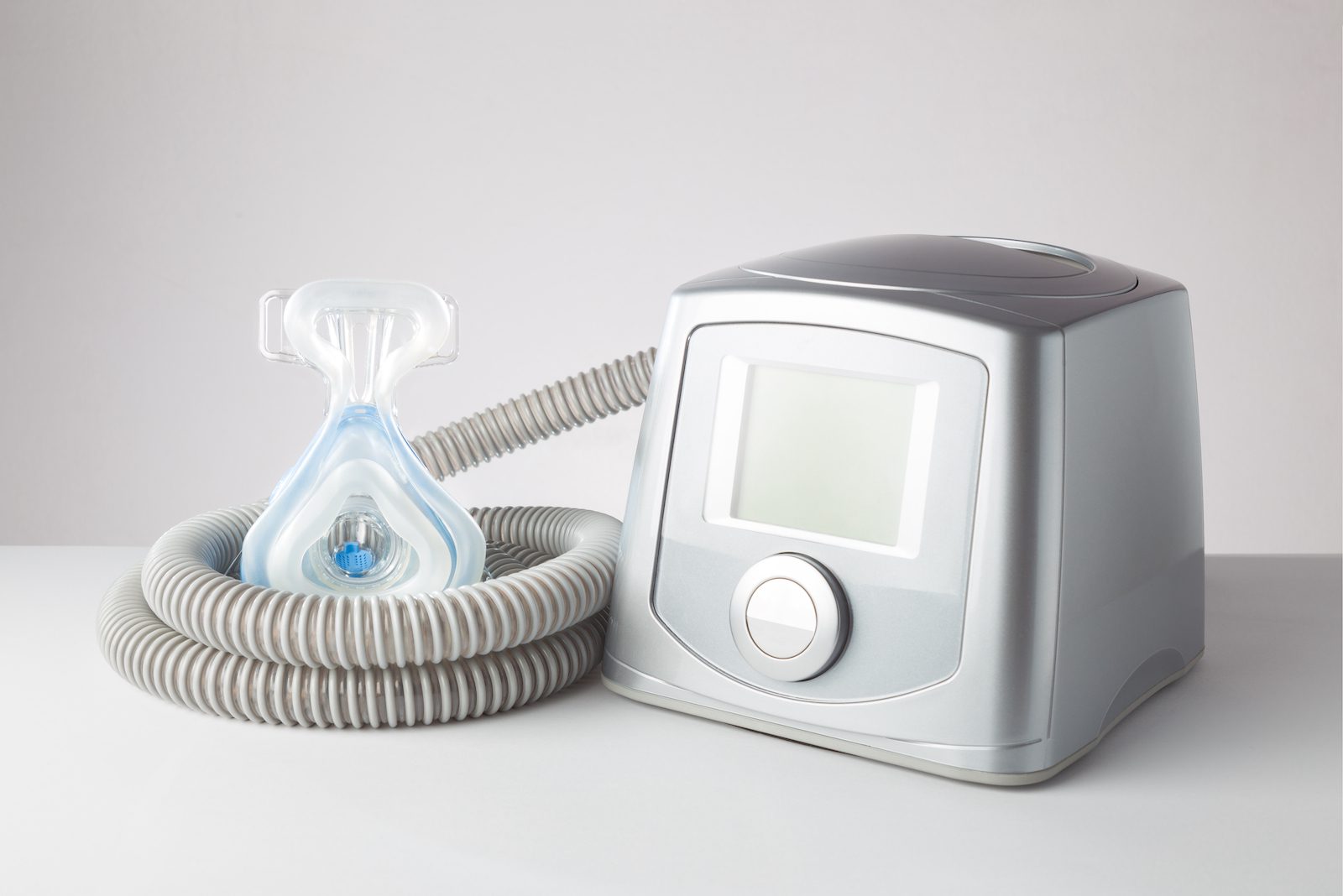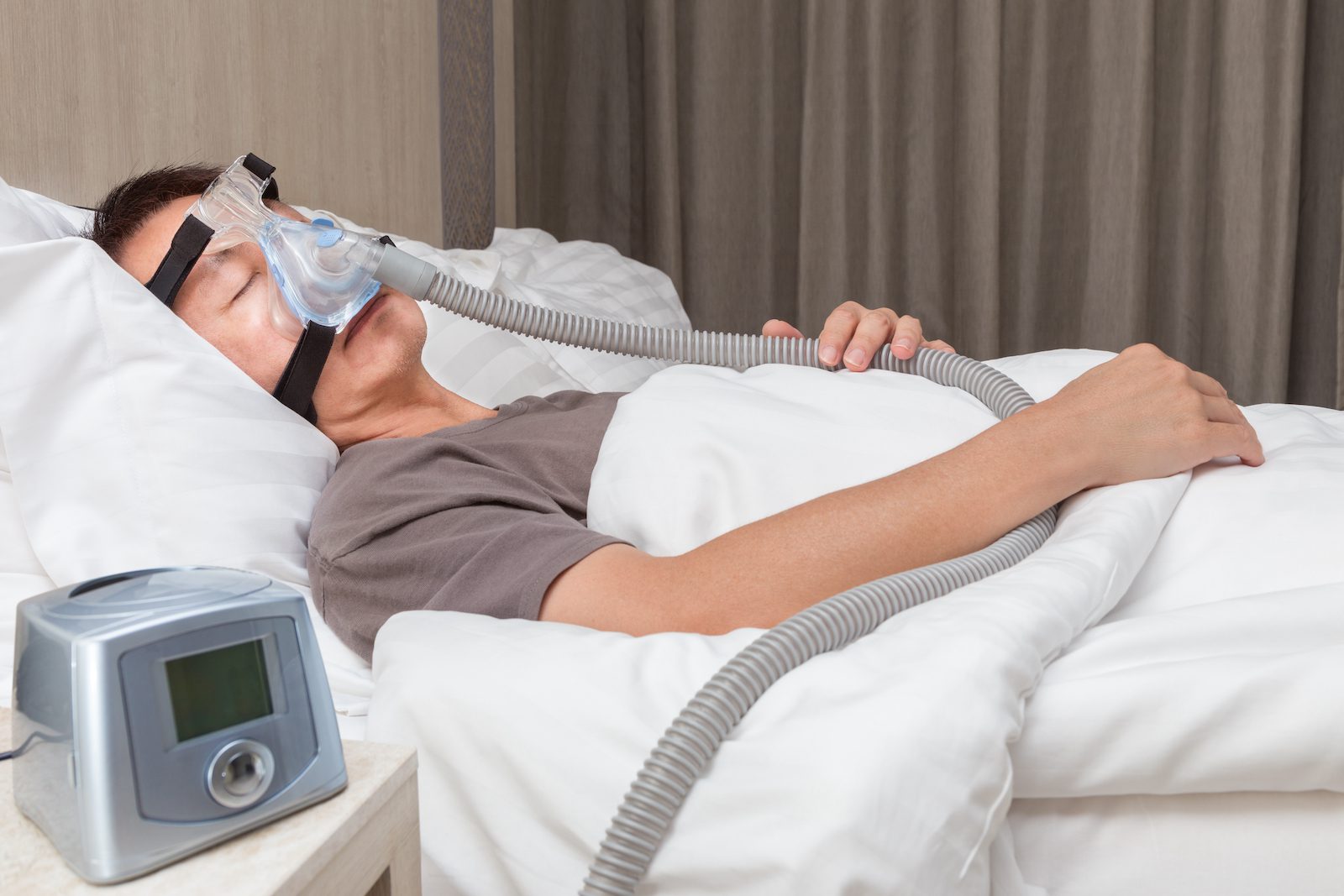Continuous positive airway pressure (CPAP) machines are widely used to treat the sleep disorder obstructive sleep apnea (OSA). OSA involves lapses and reductions in breathing during sleep due to a narrowed or blocked airway. A CPAP machine helps keep the airway open by delivering pressurized air through a tube into the nose or nose and mouth.
When used consistently, CPAP therapy can improve sleep and reduce health problems that often stem from OSA. We review the benefits of CPAP machines, as well as potential side effects, how to know if you should use a CPAP, other types of treatments for OSA, and tips for getting used to sleeping with a CPAP device.
Our Recommended At-Home Sleep Apnea Test
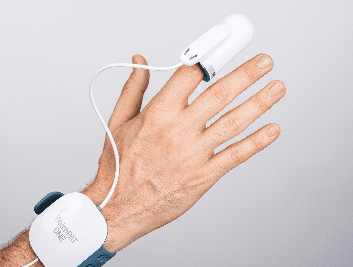
our partner at sleepdoctor.com
Save 45% on your Sleep Test Today
Shop Now“Wish I'd known how easy and affordable getting tested would be. Got my diagnosis fast, and now I'm actually getting decent sleep!”
Dawn G. – Sleep Doctor Customer
Enhanced Sleep Quality
Using a CPAP machine can enable uninterrupted, higher-quality sleep. Sleep improvements often occur within days of starting CPAP therapy.
Obstructive sleep apnea disrupts breathing during sleep, causing numerous brief awakenings throughout the night that a sleeper may be unaware of. These awakenings reduce sleep quality and can contribute to insomnia-like symptoms.
Given the wide-ranging benefits of sleep for mental and physical health, it's unsurprising that CPAP use improves overall quality of life in people with OSA.
Increased Daytime Alertness
A major benefit of CPAP therapy is reduced daytime drowsiness.
Sleep interruptions caused by OSA can make sleep unrefreshing. Untreated OSA can lead to tiredness during the day and a tendency to doze off at inappropriate times or during less stimulating moments, like while reading or driving.
By treating OSA, CPAP therapy can boost daytime alertness and reduce daytime sleepiness.
Better Performance and Mood
In people with OSA, regularly using a CPAP machine can improve mood and the ability to think.
Obstructive sleep apnea is linked to issues with memory, concentration, and decision-making. OSA can also make a person more moody and irritable. As a result, effective CPAP treatment can help a person better focus, be more productive, and experience fewer symptoms of depression and anxiety.
Improved Heart-Related Health
Studies have found that using a CPAP machine can reduce blood pressure. High blood pressure is a known risk factor for medical conditions affecting the heart, kidneys, and eyes. CPAP use may also benefit other aspects of cardiovascular health.
Untreated OSA is associated with a higher risk of cardiovascular problems like heart failure, heart disease, and stroke. Using a CPAP device may reduce these risks, but more research is needed to clarify how CPAP therapy affects these heart-related issues.
Less Snoring
Nightly use of a CPAP machine should reduce snoring.
People with OSA frequently snore, and their snoring may be loud and involve choking, gasping, or snorting sounds. These sounds can be extremely bothersome to a bed partner, reducing their ability to get quality sleep.
By delivering pressurized air to keep the airway open, a CPAP device can dramatically cut back on snoring. As a result, the bedroom environment is quieter and less likely to disrupt a bed partner’s sleep.
Lower Risk of Accidents
An important benefit of CPAP therapy is a lower risk of accidents, including motor vehicle crashes that result from drowsy driving.
People with OSA are up to three times more likely to be involved in a car crash. Untreated OSA can diminish attention and cause sleepiness behind the wheel. These symptoms can lead to impairment that is equivalent to driving under the influence of alcohol.
Research has found that people who treat OSA with a CPAP are less likely to be involved in a car crash or to have near-miss situations when driving.
Reduced Erectile Dysfunction
Consistent CPAP use may improve erectile dysfunction.
Studies have found a strong association between erectile problems and OSA, which may stem from OSA’s effects on oxygen levels, blood pressure, and blood circulation.
Erectile dysfunction can have diverse causes, so CPAP use may not always improve the condition. Nevertheless, evidence suggests CPAP therapy can help at least some people with erectile dysfunction.
Decreased Acid Reflux
CPAP machine use can reduce gastroesophageal reflux, commonly known as acid reflux.
Breathing interruptions and brief awakenings from OSA can trigger swallowing, which opens a pathway for stomach acid to enter the esophagus. As a result, CPAP therapy that resolves breathing disruptions can help prevent acid reflux and the heartburn it can cause.
Side Effects of CPAP
While CPAP therapy offers numerous benefits, it can also have side effects.
- Breathing discomfort: When using a CPAP, a sleeper has to exhale into a stream of pressurized air, and some people find this to be bothersome.
- Dry mouth or nose: The constant flow of air can reduce moisture in the mouth or nose, leading to a feeling of a dry mouth or dried-out nostrils.
- Skin irritation: The CPAP mask must press against the face, and straps or headgear hold the mask in place, so it doesn't leak air. Sometimes, a mask or headgear may cause sores or inflame the skin.
- Eye irritation: If the mask doesn't fit properly, pressurized air can leak out and reach the eyes. When this happens, it may cause eye irritation or dryness.
- Nasal congestion: Airflow from the CPAP through a nasal mask may lead to irritation and congestion in the nose.
- Facial discomfort: The sensation of the mask or straps pressing against the face may cause a person to feel uncomfortable or even experience a degree of pain.
- Claustrophobia: In some cases, wearing the CPAP mask, especially a larger mask, can induce a feeling of claustrophobia.
- Bloating from swallowed air: It's possible to swallow the air delivered by a CPAP machine. When that air collects in the stomach, it can cause gassiness and stomach discomfort.
- Chest pain: Although usually just temporary, using a CPAP may cause pain or discomfort in the chest.
Not everyone experiences notable side effects from CPAP therapy, but for some, these issues can make it hard to get comfortable using a CPAP every night. In most cases, a doctor can suggest adjustments, such as to the mask or device settings, that resolve side effects.
Should You Use a CPAP Machine?
The best way to know if you should use a CPAP machine is to talk with your doctor. If you have symptoms of sleep apnea, your doctor can suggest testing to diagnose the condition. If you have already been diagnosed with OSA, your doctor can discuss the pros and cons of CPAP therapy and alternative treatment options.
CPAP treatment has a long track record as an effective way to improve breathing during sleep. CPAP, and a similar therapy called auto-adjusting PAP (APAP or auto-CPAP), are the most frequently prescribed initial treatments for OSA. Several factors may influence your doctor’s decision about whether you should use a CPAP device.
- OSA severity: When obstructive sleep apnea is moderate or severe, the condition poses higher risks, and the benefits of CPAP therapy are greater. If you have more frequent breathing disruptions, it's more likely that you will be recommended to use a CPAP.
- High-risk occupation: In certain jobs, the consequences of accidents are higher, so if you are a driver, pilot, or work in a similar role, you may be advised to use a CPAP even if you only have mild OSA.
- Other health issues: Your doctor may be more inclined to prescribe CPAP therapy if you have a medical condition, like high blood pressure, that could be linked to OSA.
Despite its benefits, using a CPAP may not be right for everyone with OSA. Other types of treatment may be considered if you:
- Cannot tolerate using a CPAP or its side effects
- Prefer to try other treatments
- Try CPAP but find that it does not resolve your symptoms
Alternatives to CPAP treatment include lifestyle changes, oral appliances, nerve stimulation, and surgery. These treatments are only beneficial in certain circumstances, so you should talk with a doctor about whether they would be appropriate in your situation.
- Lifestyle changes: Taking steps to lose weight, avoid sleeping on your back, exercise daily, and avoid alcohol and other sedatives can decrease breathing disruptions during sleep, but they usually can’t fully resolve OSA without other treatments.
- Oral appliances: A dentist can custom-design an oral appliance for your mouth, and the appliance positions the mouth in a way that keeps the airway open. Specifically, oral appliances hold either your lower jaw or tongue forward.
- Nerve stimulation: A small implantable device can provide electrical nerve stimulation that activates muscles in the tongue and mouth, so those tissues don’t fall back and block the airway.
- Surgery: An operation to treat OSA may be viable if the shape of certain tissues in your nose, mouth, or throat cause your airway to become blocked. In this situation, surgery may remove or reduce those tissues to prevent breathing disruptions during sleep.
Tips for Using a CPAP Machine
Wearing a mask and using a CPAP every time you sleep can be an abrupt and challenging change. While it may take some time to get used to using a CPAP, various tips can help you in the process.
- Work with your doctor: Doctors know that adjusting to a CPAP may be difficult, and they can propose troubleshooting steps for specific problems that you encounter.
- Stick with it: Be persistent and use your CPAP as much as you can when you get started. Though it may be tough at first, sticking with it will make sleeping with a CPAP easier.
- Practice while you’re awake: Try wearing the mask and using your CPAP while you’re awake so that you can acclimate to the feeling of the mask and air pressure.
- Try different masks: There are several types of CPAP masks and various models and designs. Trying out mask options and finding the right mask can improve comfort and resolve many side effects of treatment.
- Use the humidifier: A built-in CPAP humidifier moistens the incoming air so that your mouth and nose are less likely to become dry or irritated.
- Keep your CPAP clean: A regular schedule of cleaning your CPAP and replacing disposable parts can make sure the device operates correctly. Cleaning your CPAP well also reduces exposure to dirt and germs that could affect your health.
- Consider pressure adjustments: If you’re having a hard time dealing with the flow of air, talk with your doctor about changing the CPAP's pressure level or using settings like a pressure ramp that gradually increases pressure to start the night.
- Improve sleep habits: Improving your daily habits and optimizing your bedroom environment can work in concert with CPAP therapy to support better sleep.
If you stop using a CPAP, the benefits of CPAP therapy can go away in a matter of days or weeks. For this reason, it’s important to be proactive about working with your doctor to identify ways to stick with CPAP treatment or to consider other methods of treating sleep apnea.


